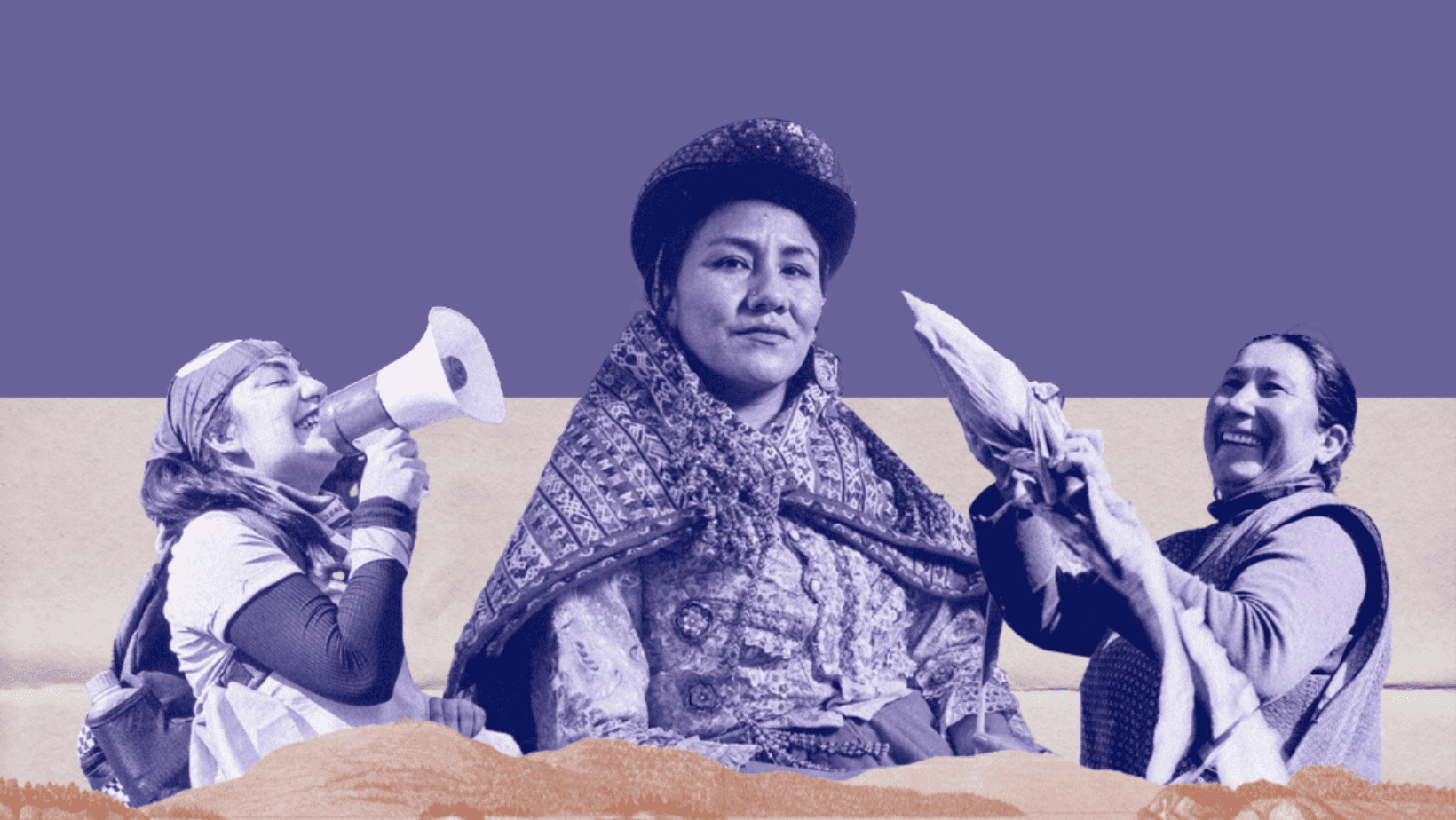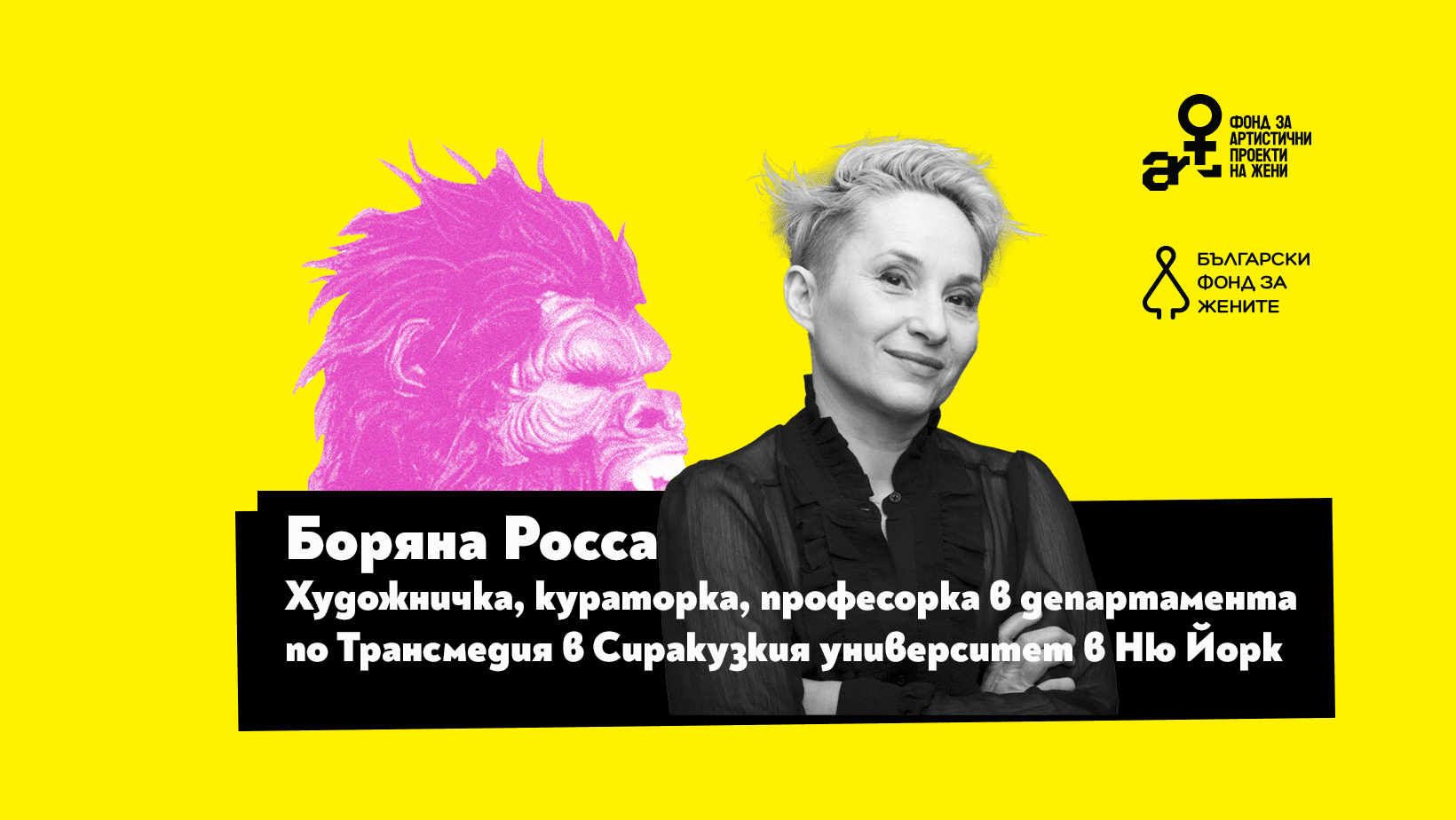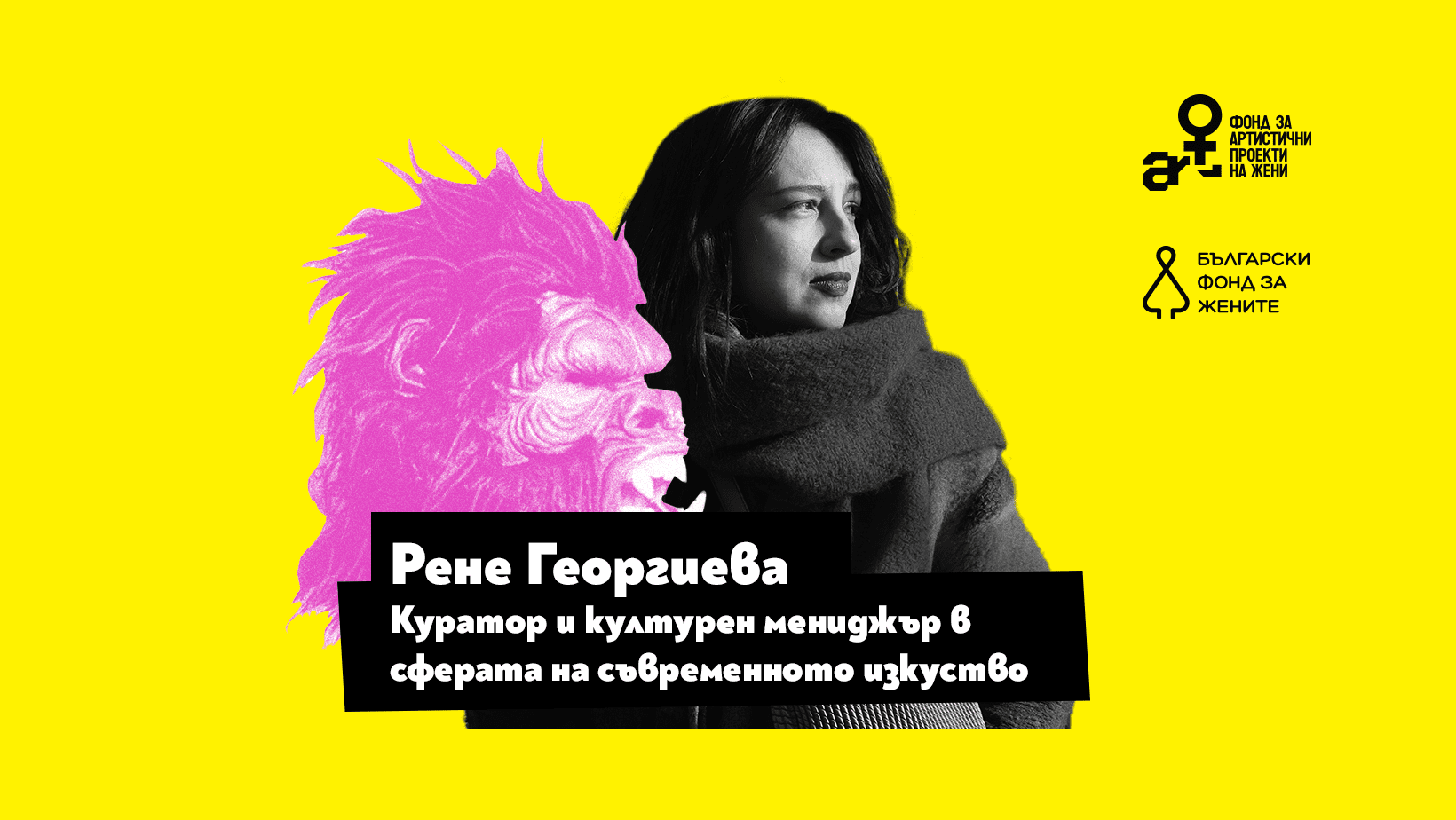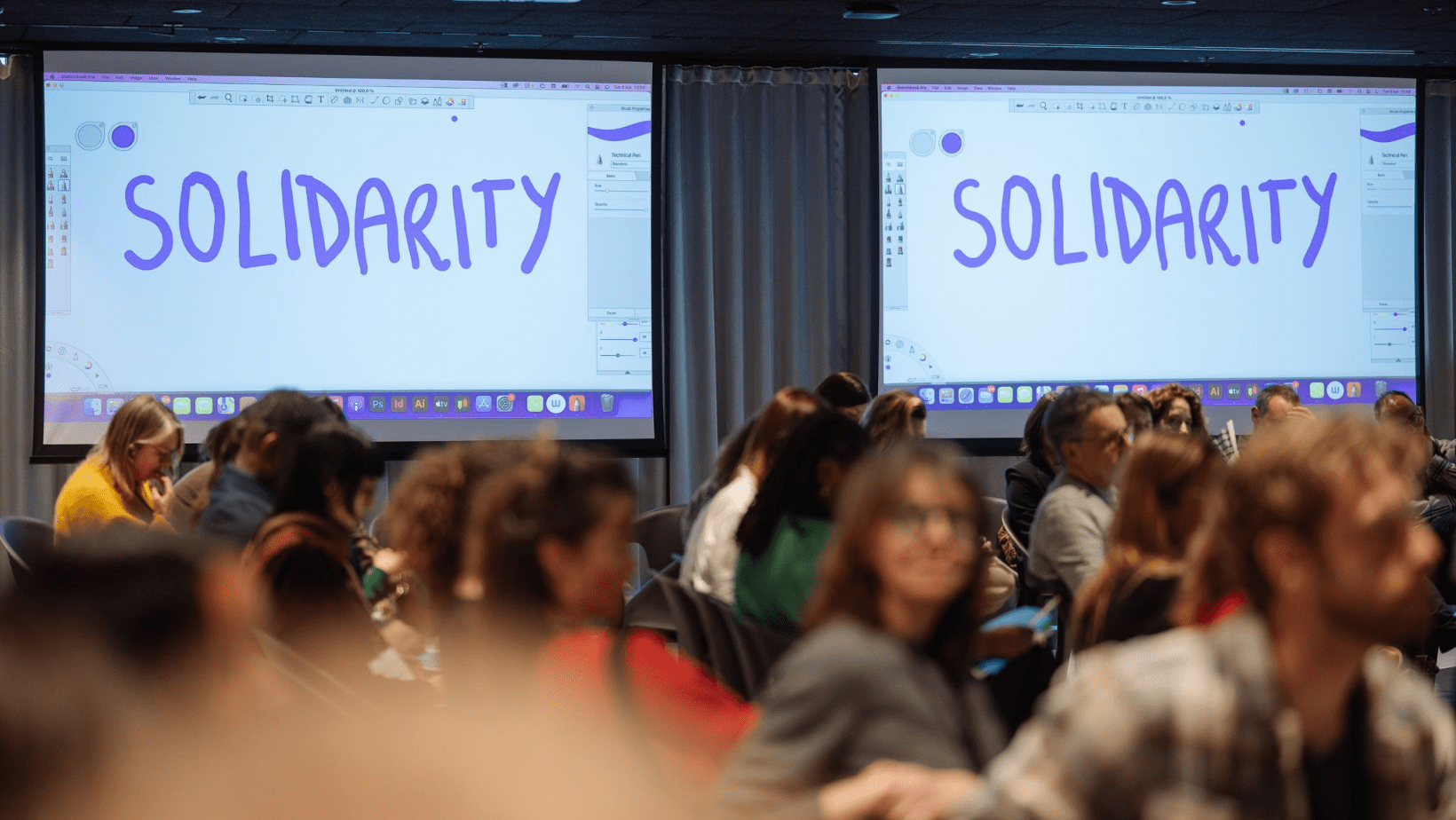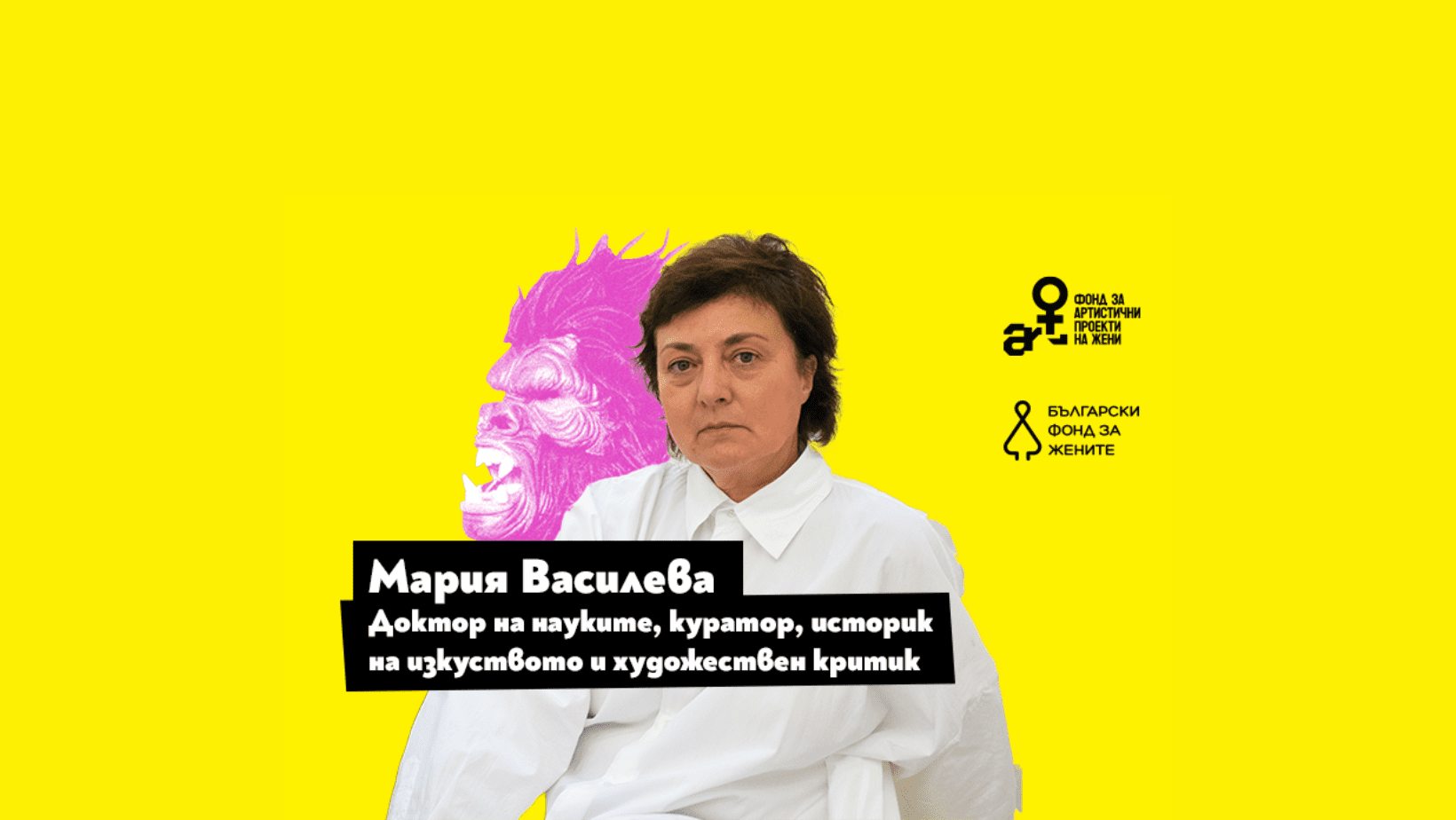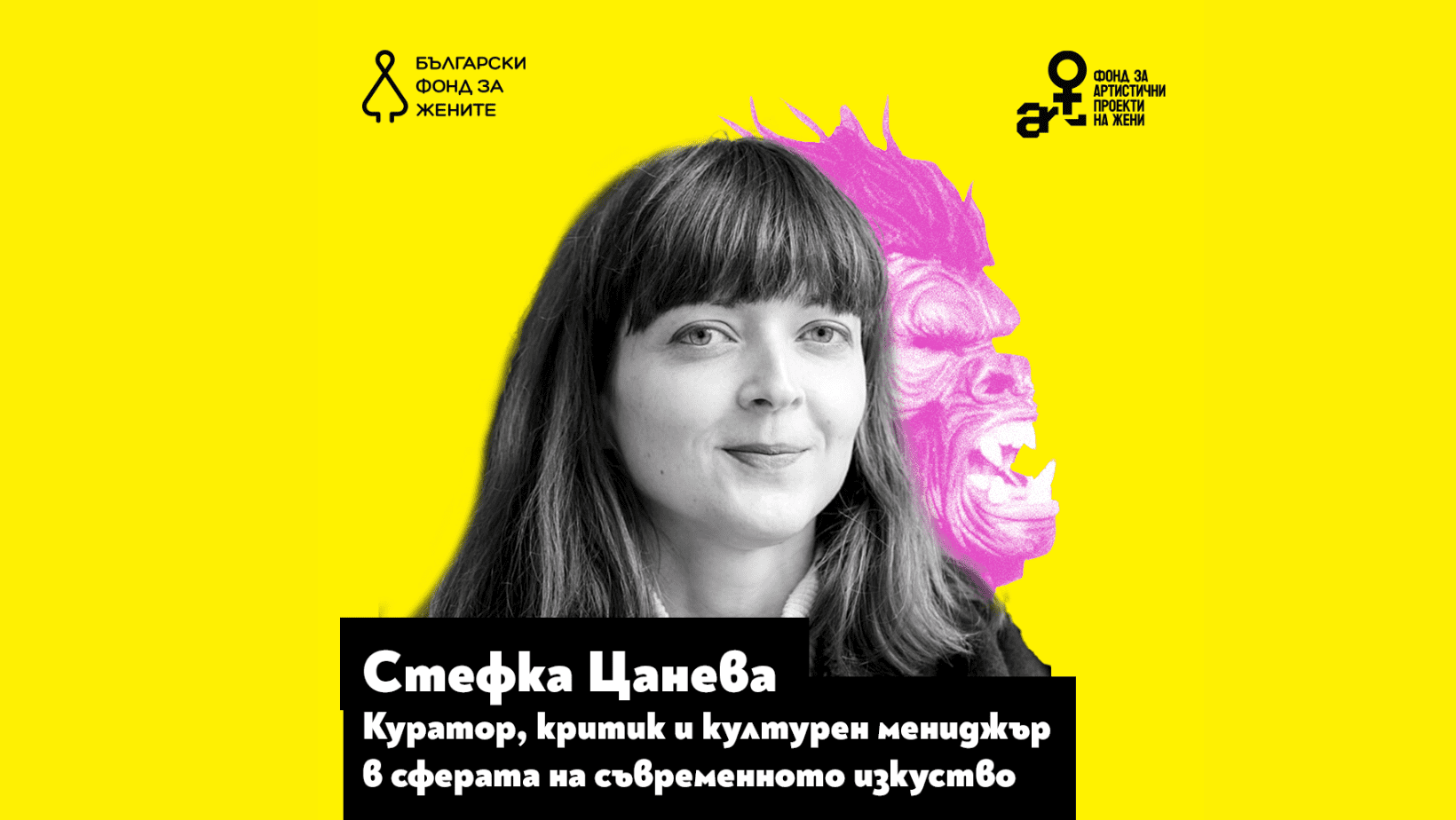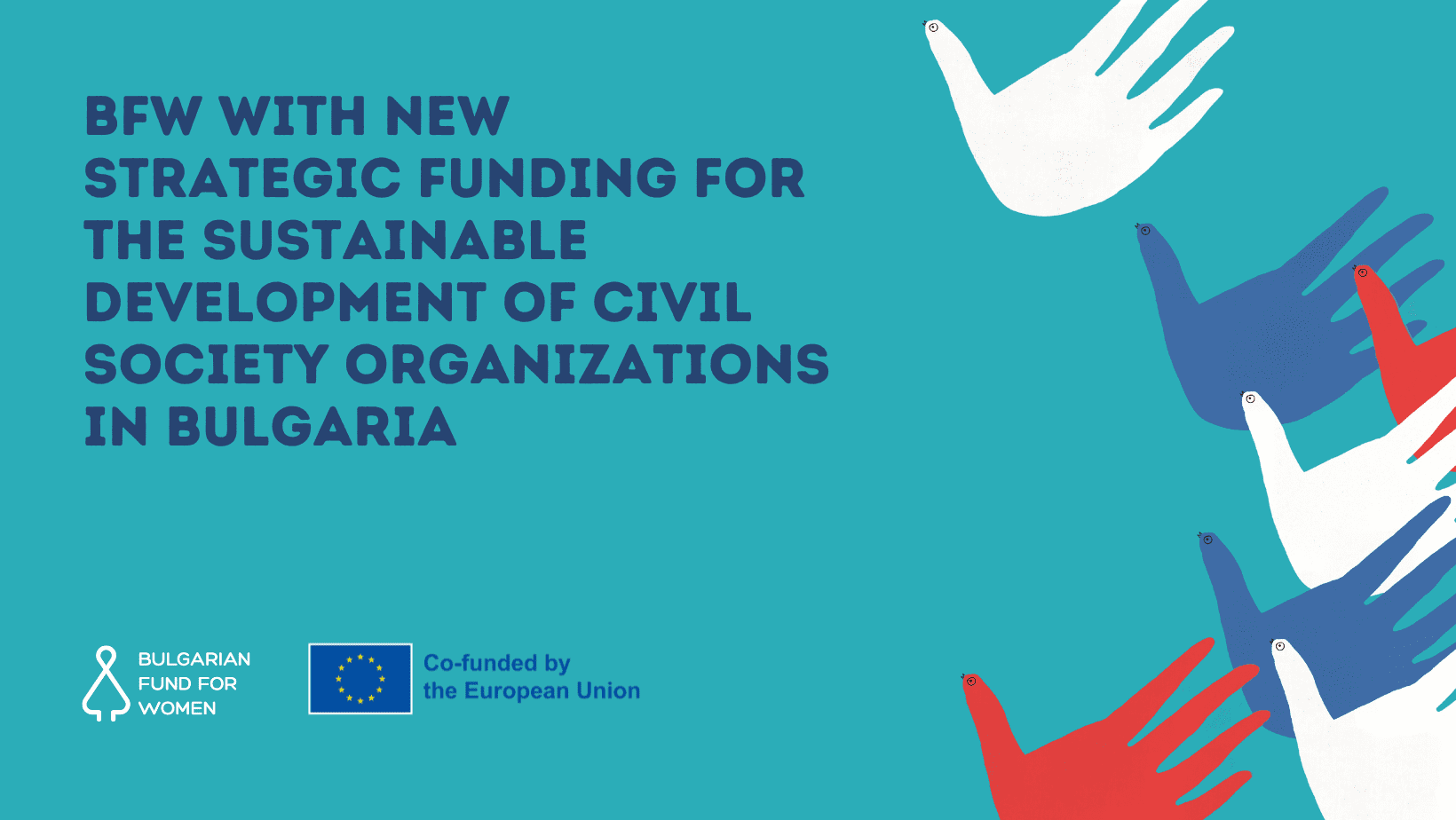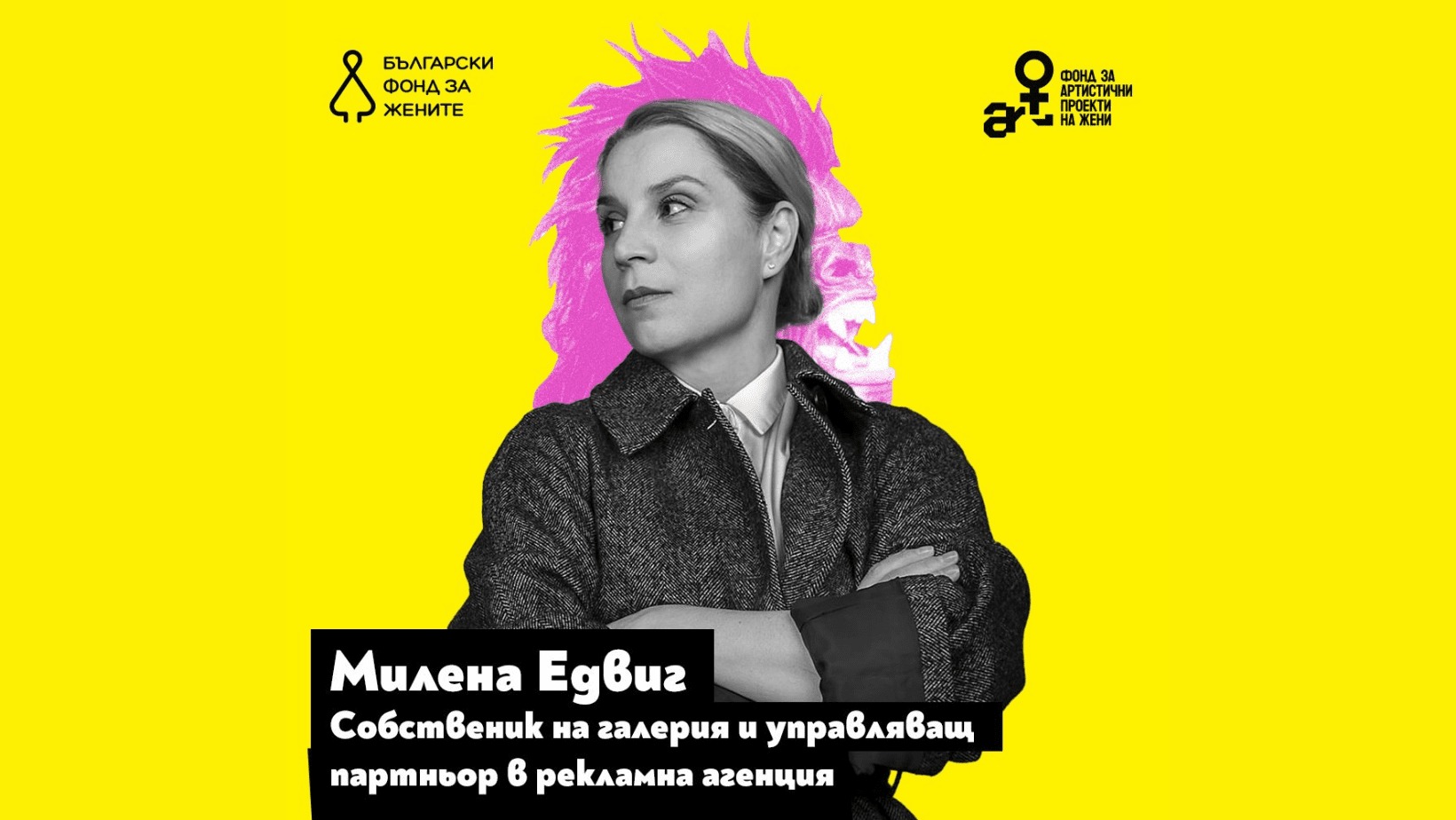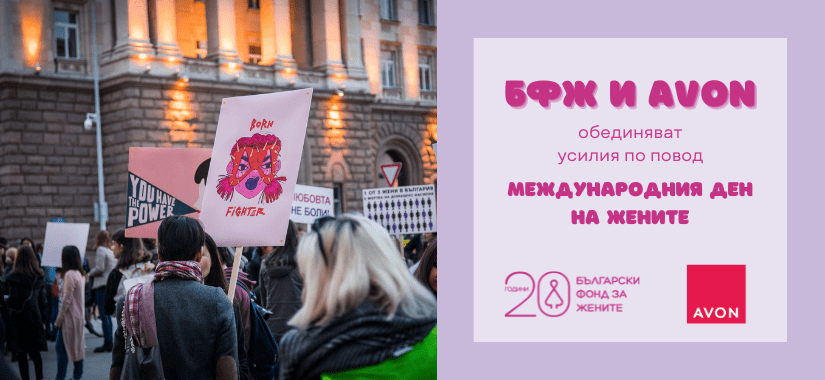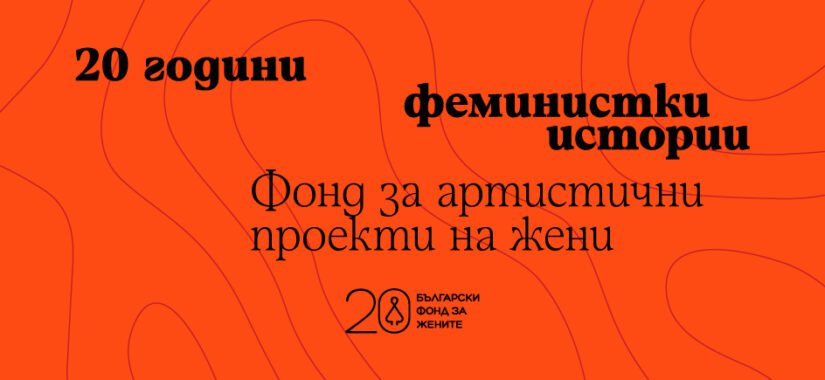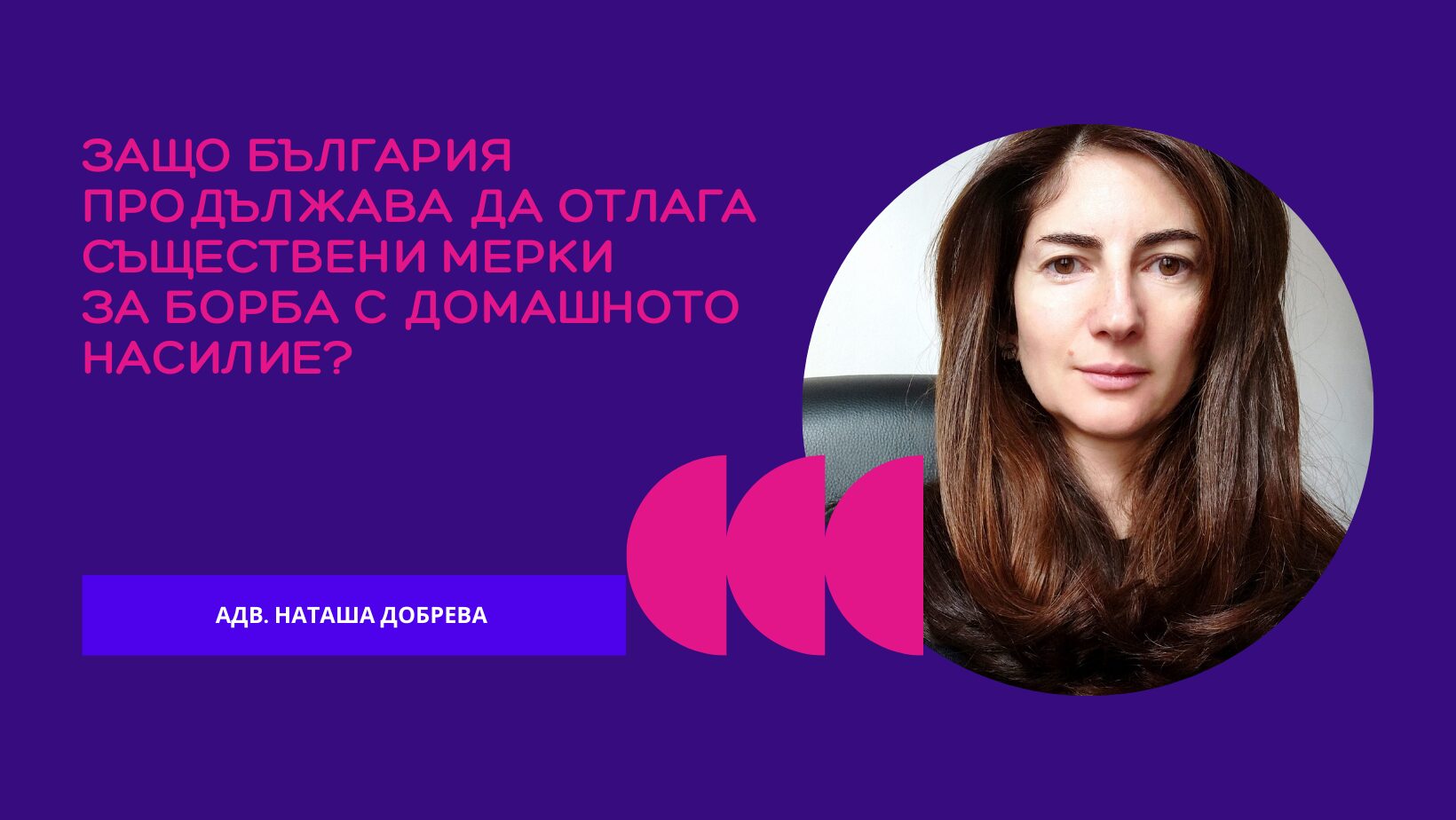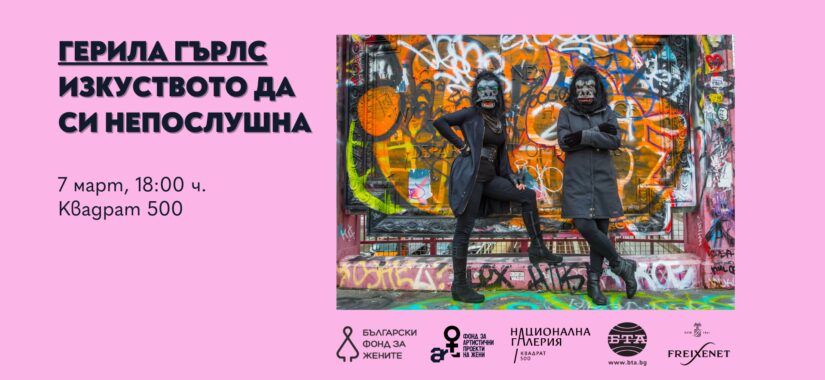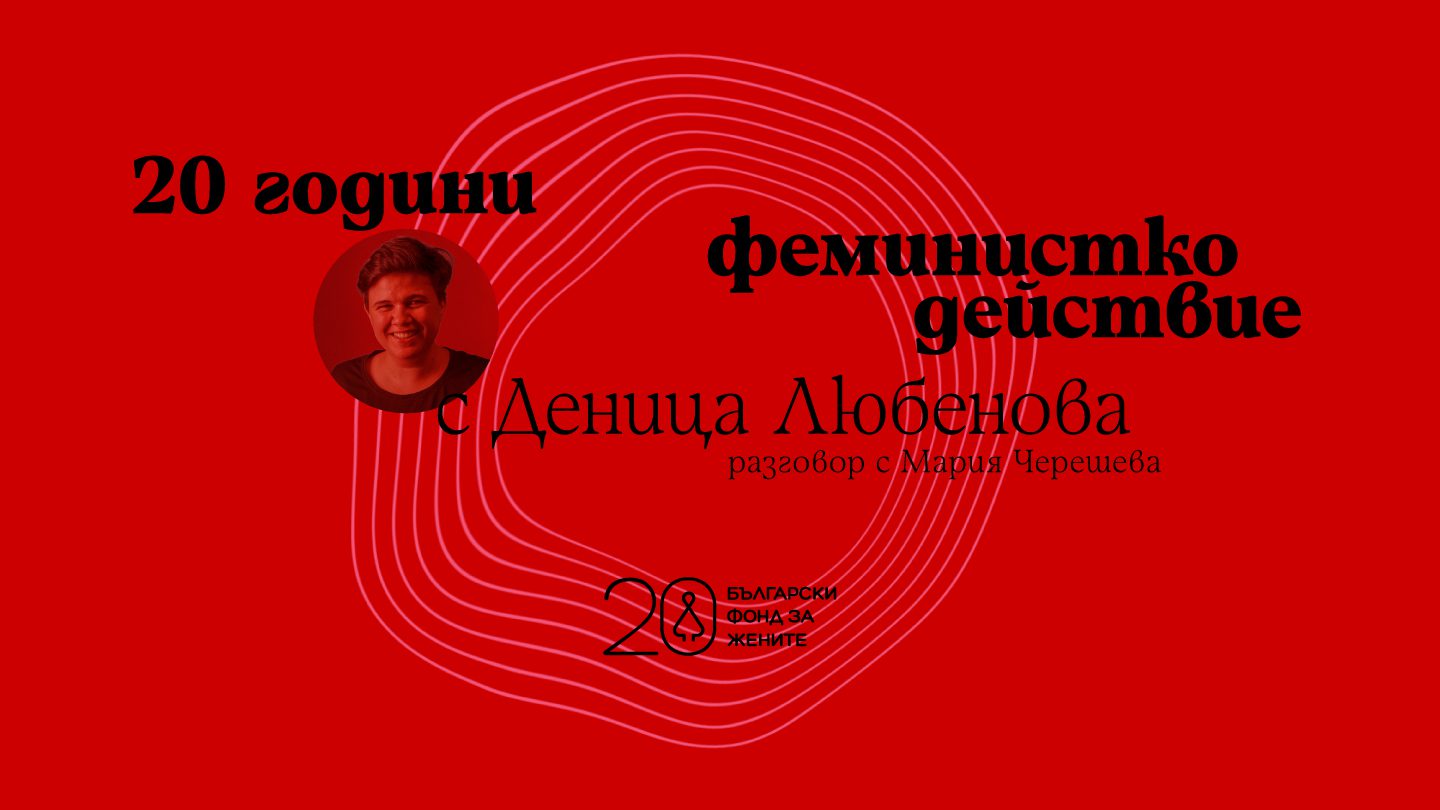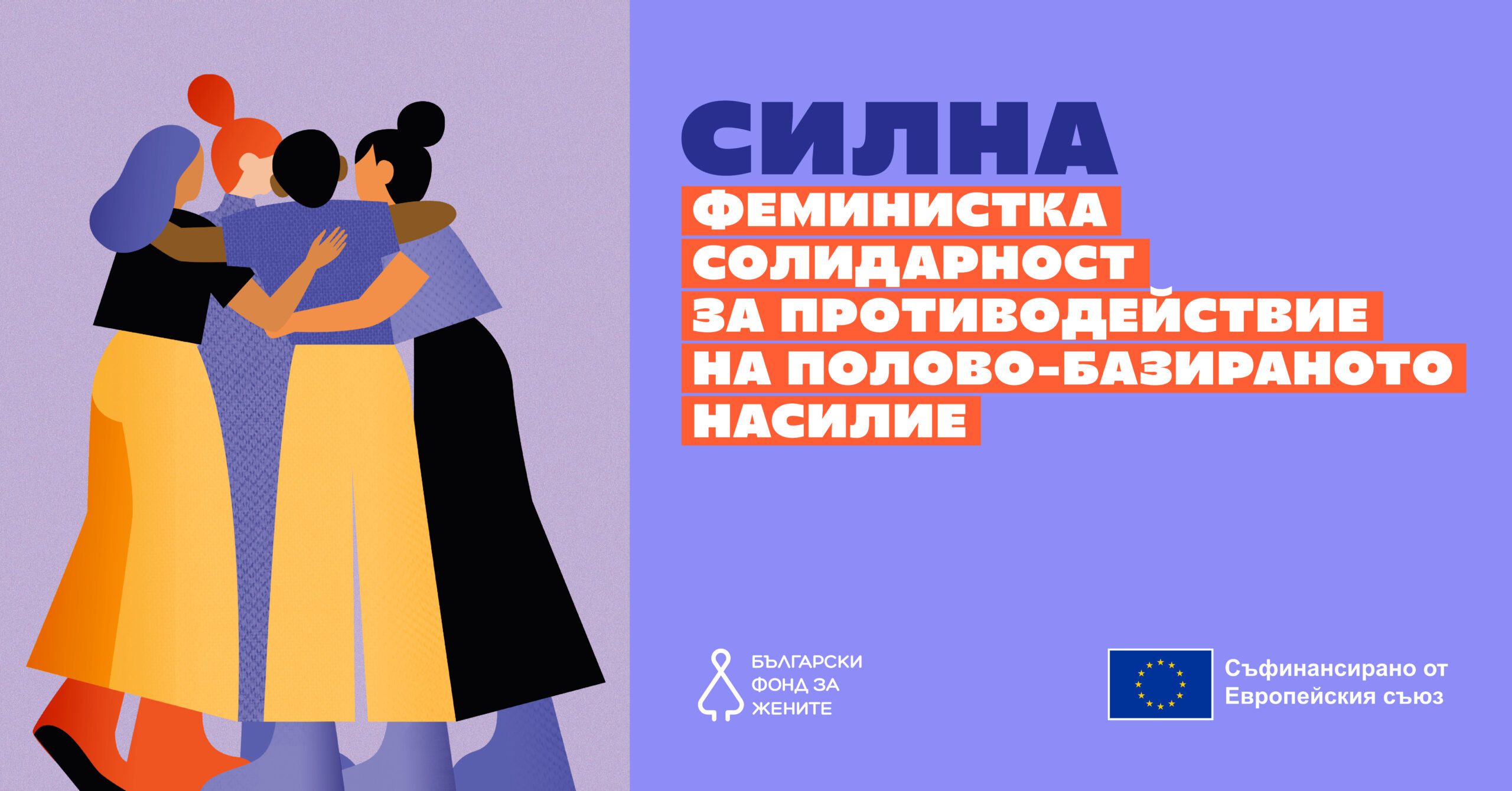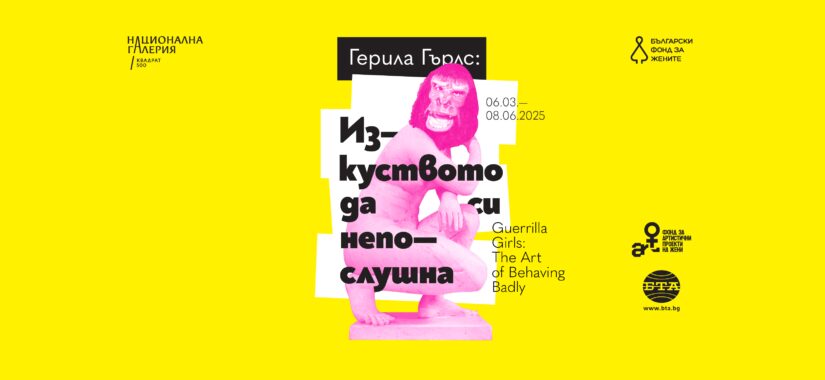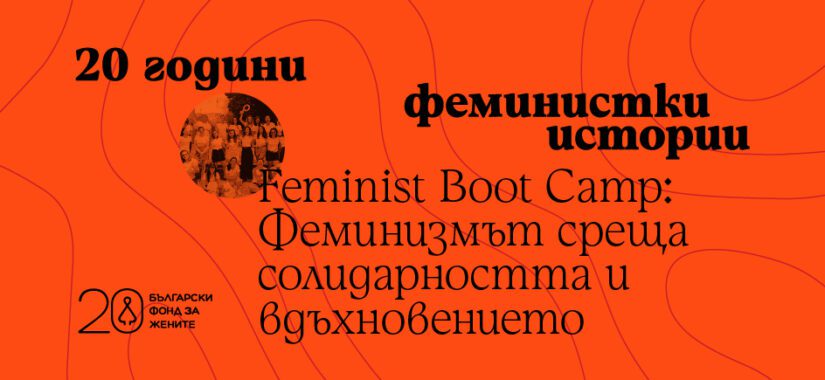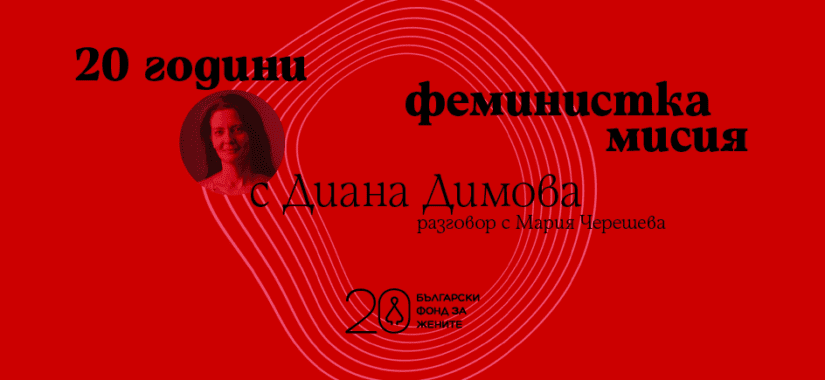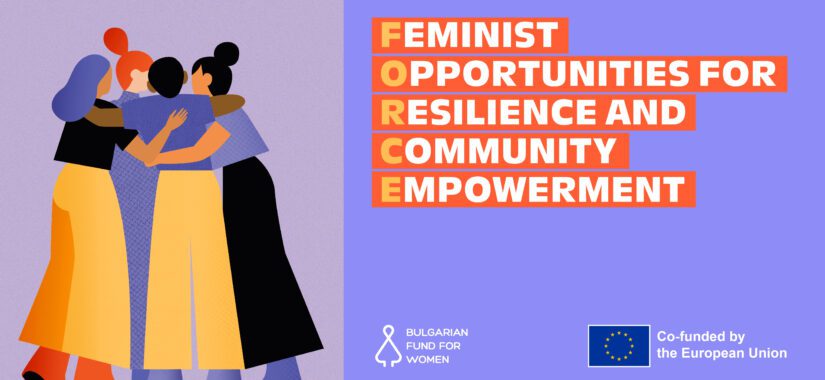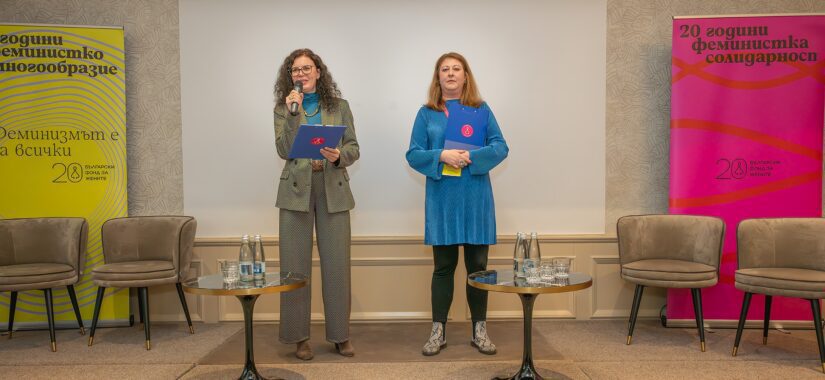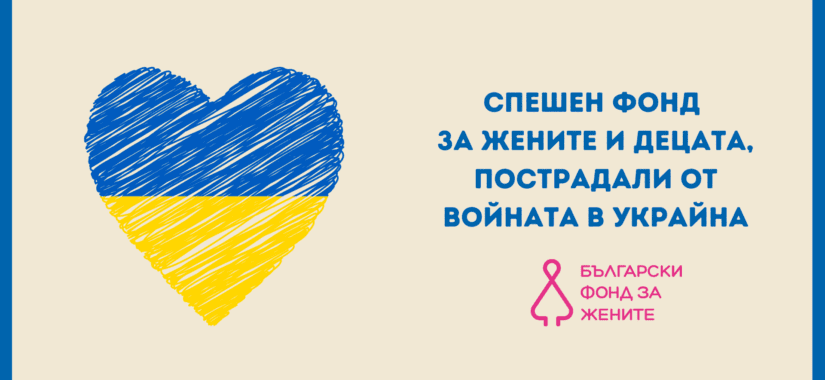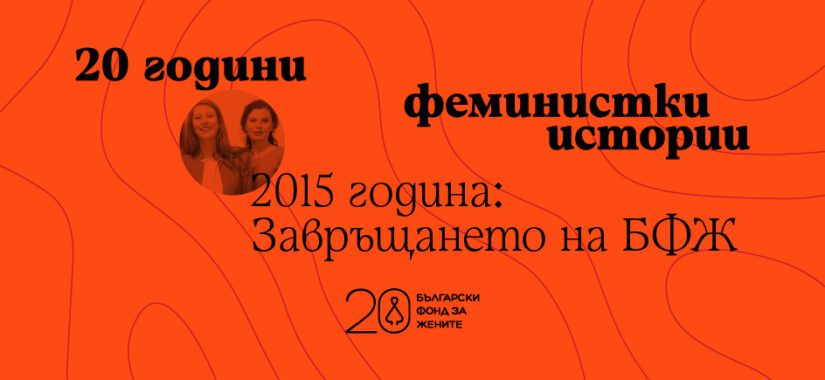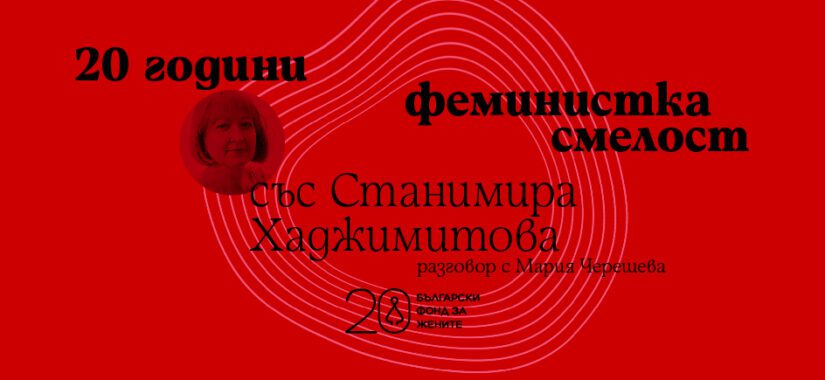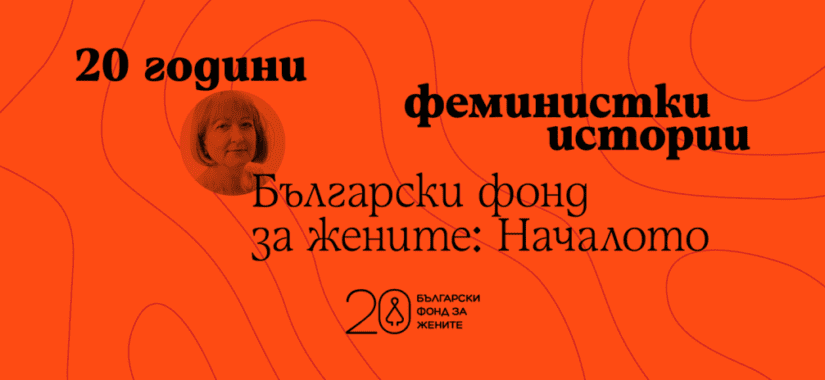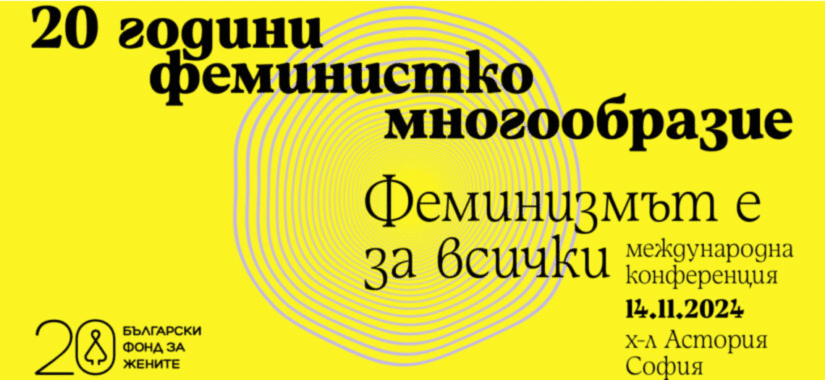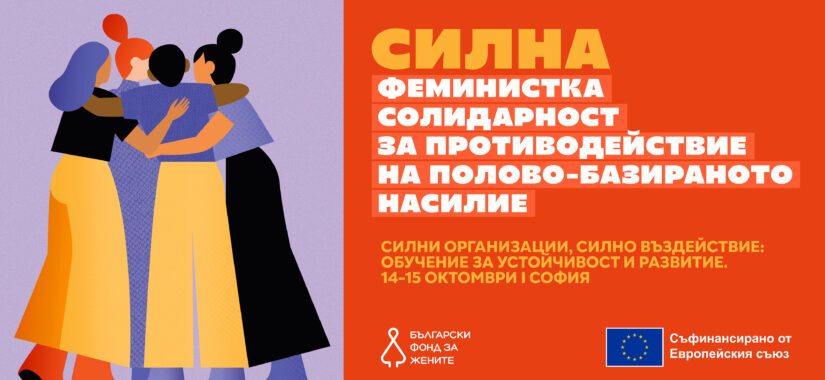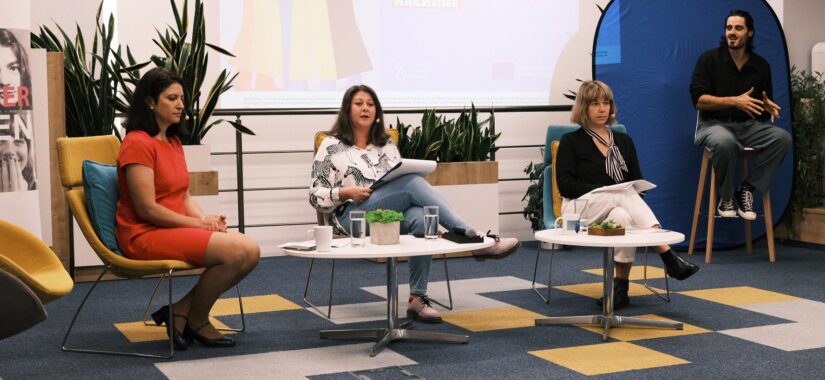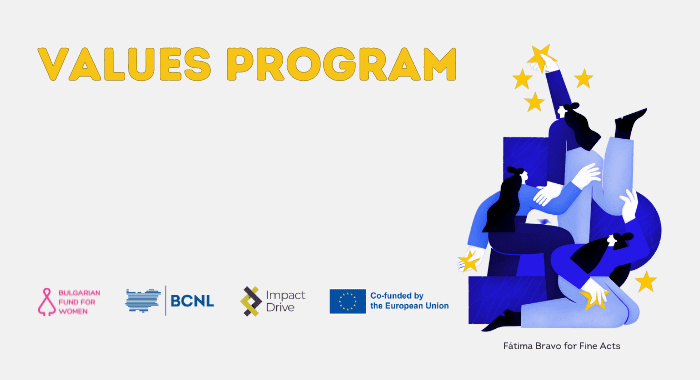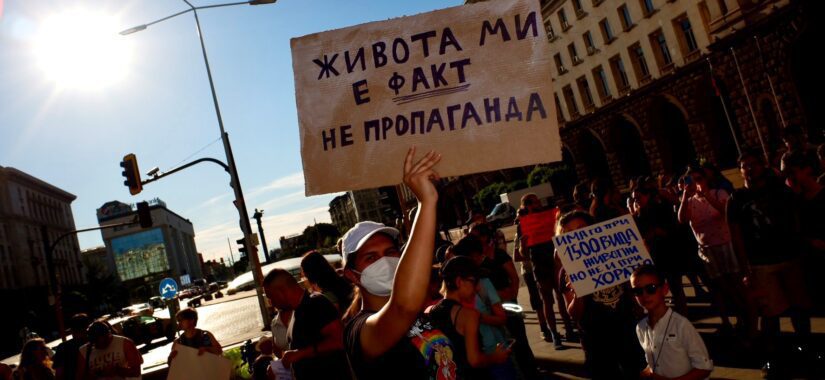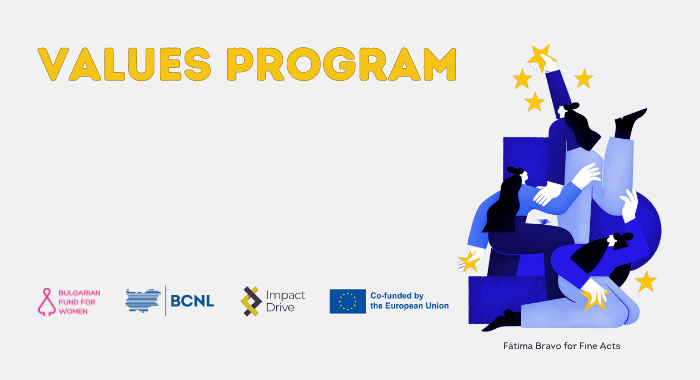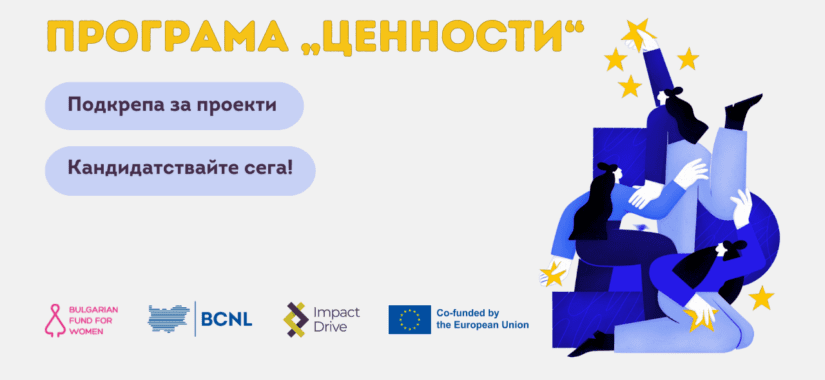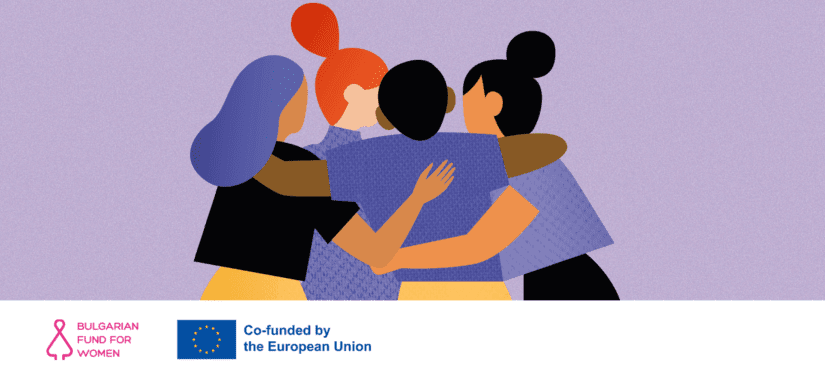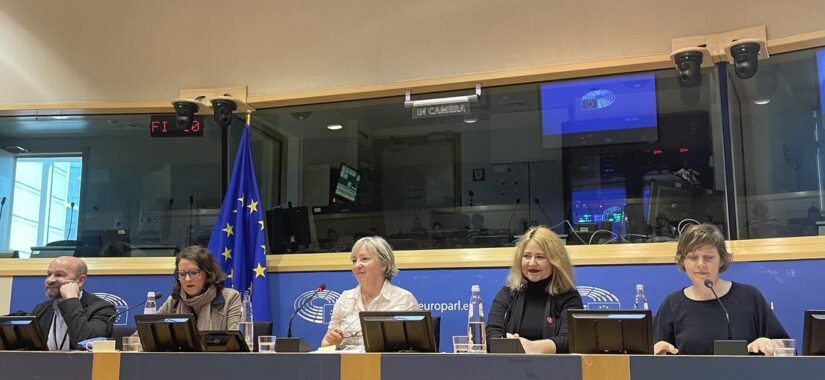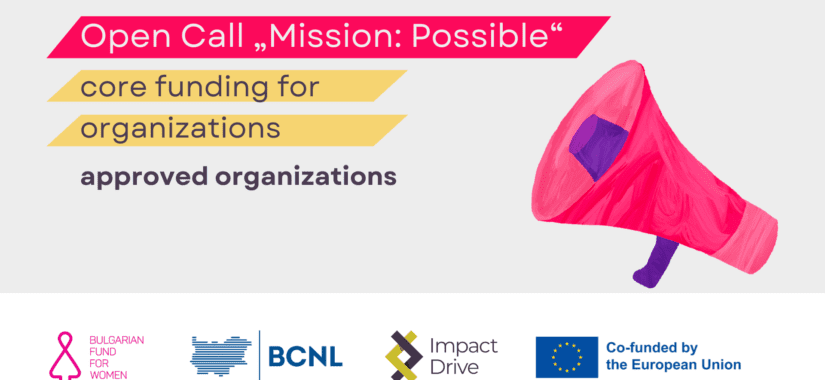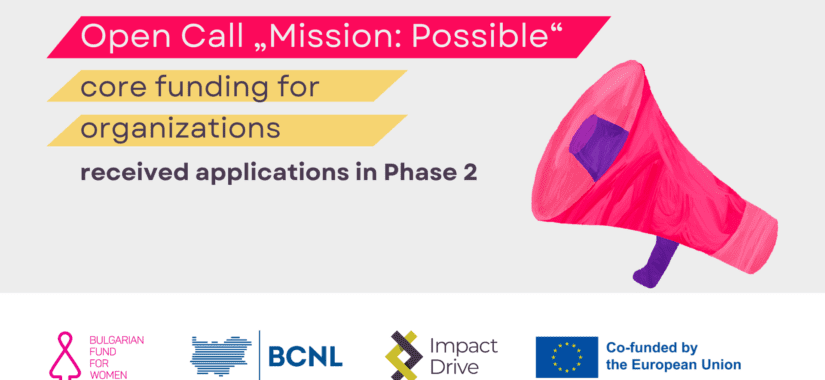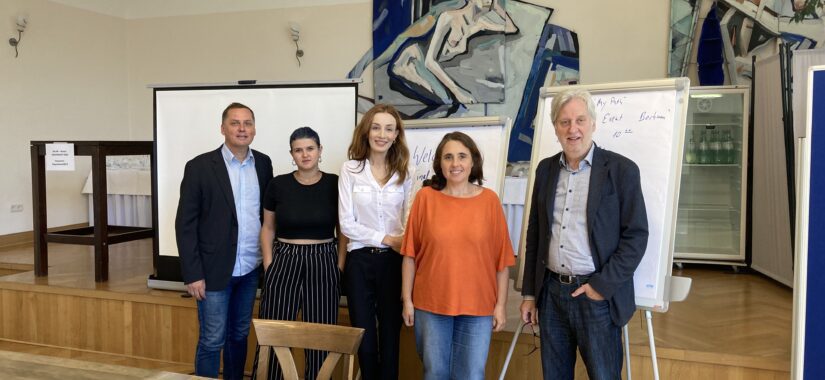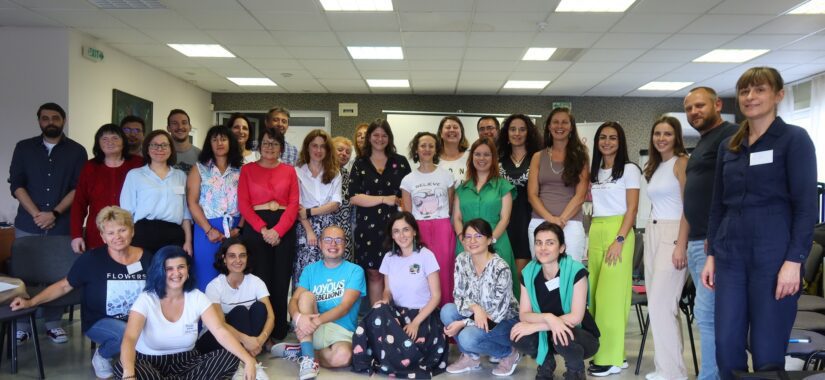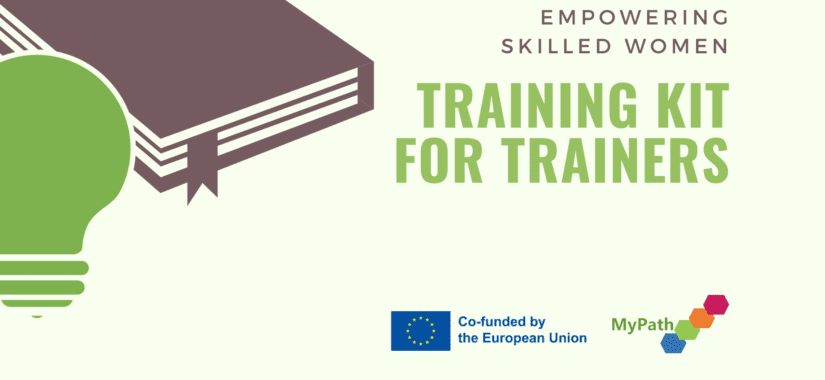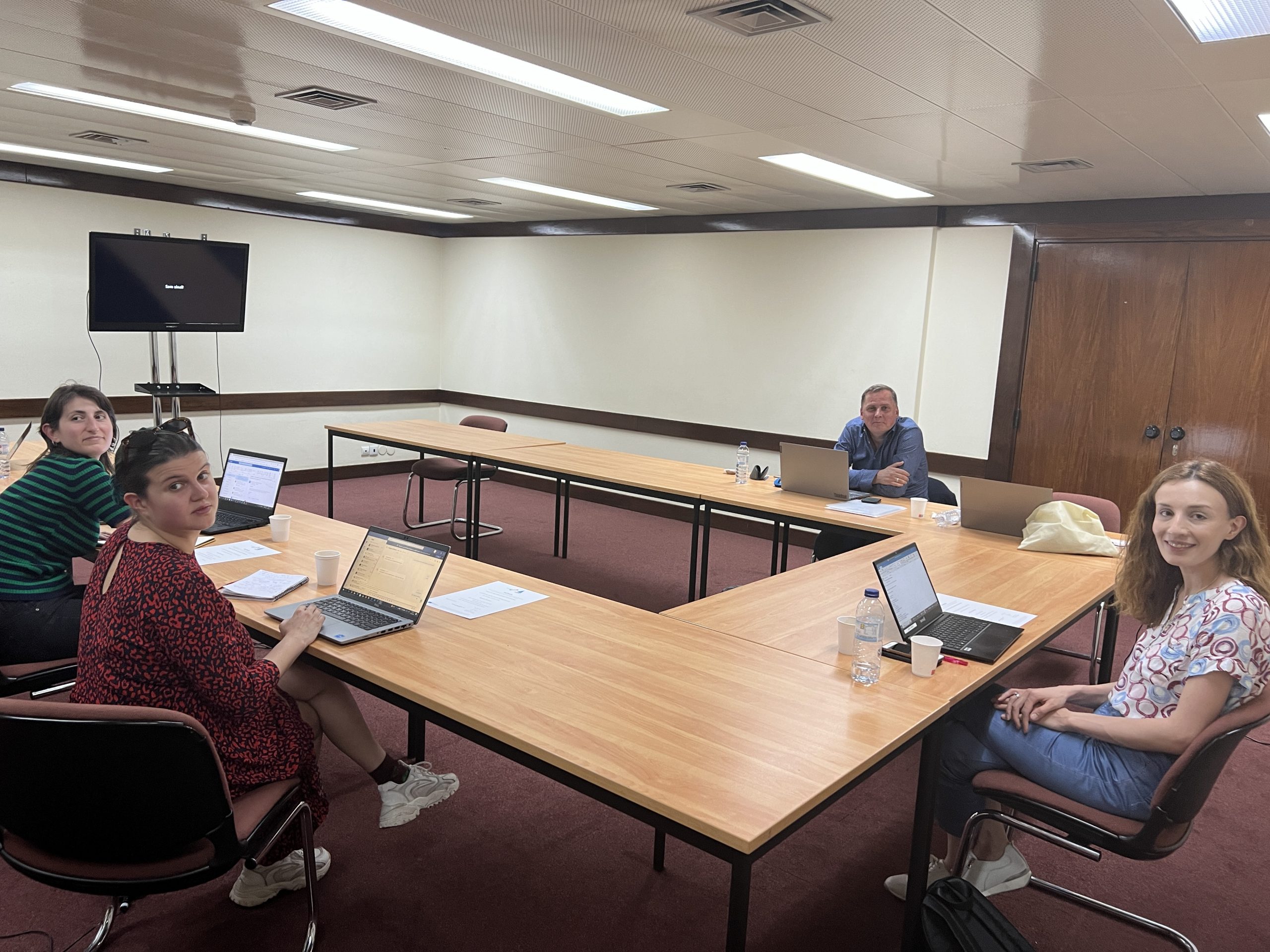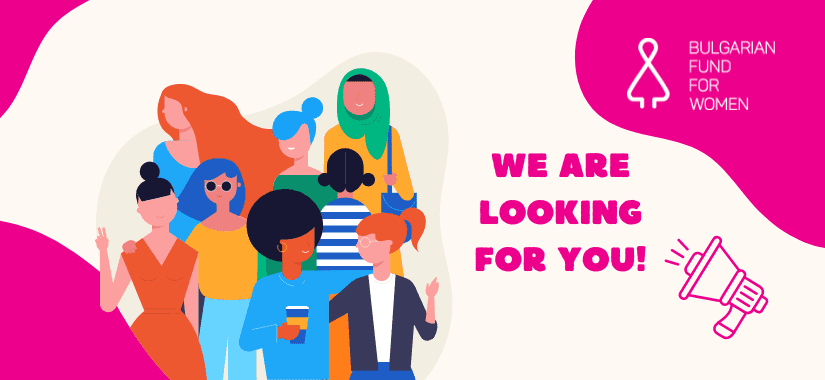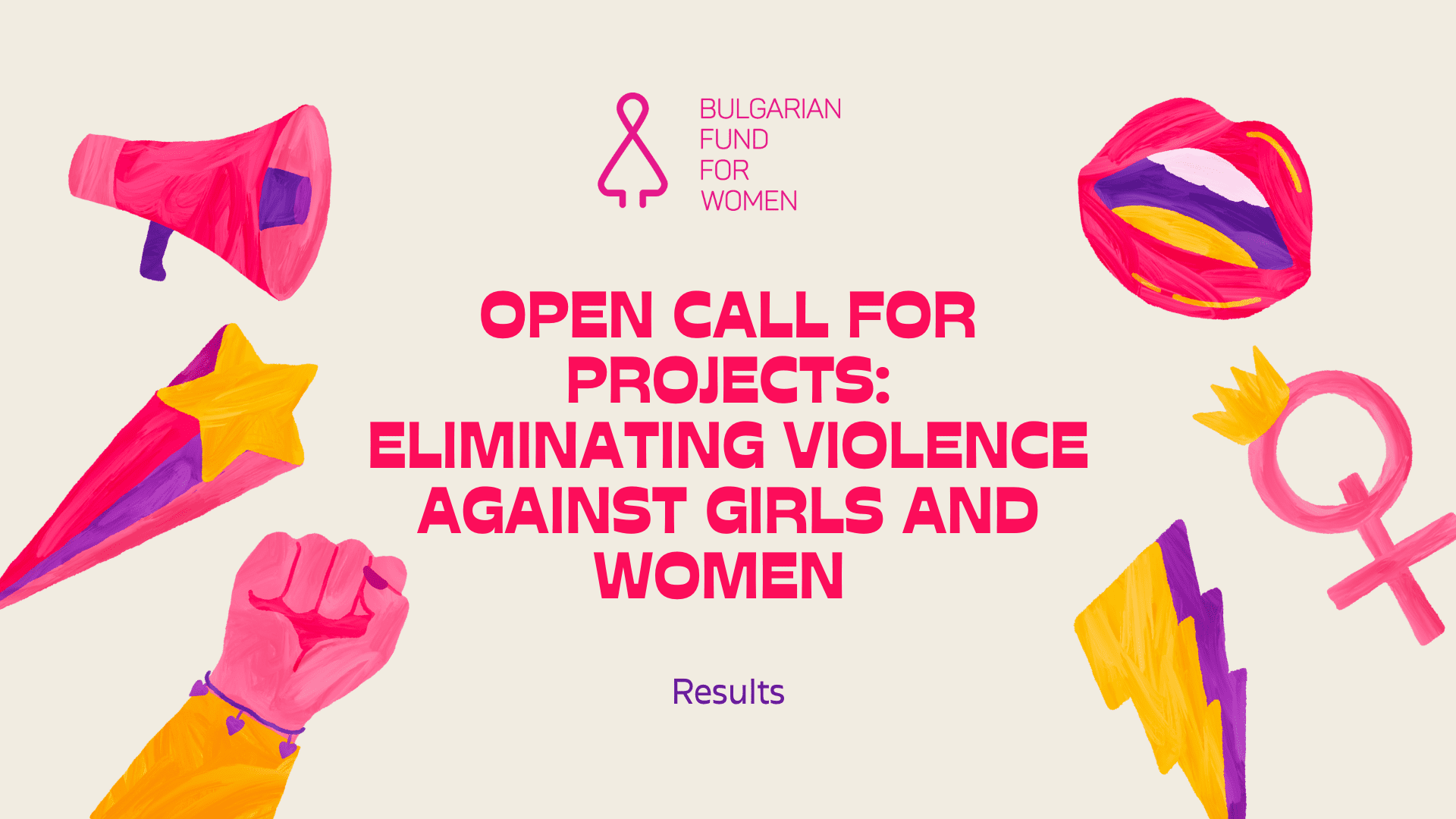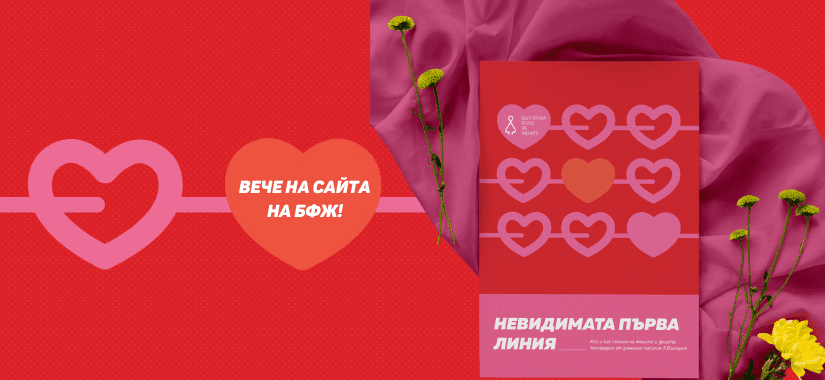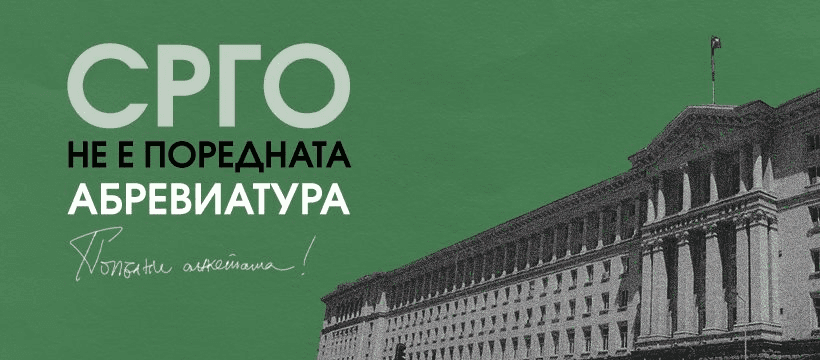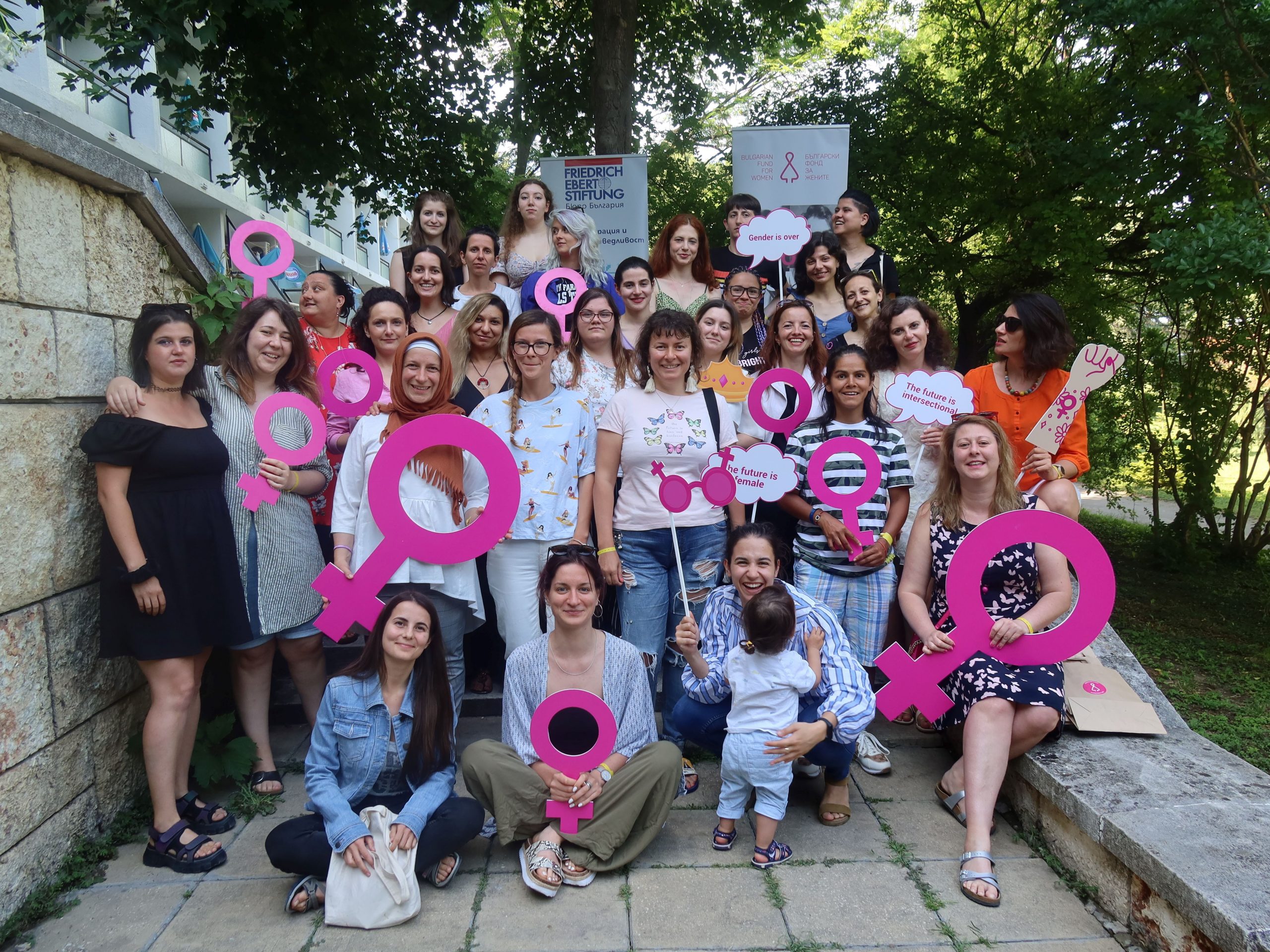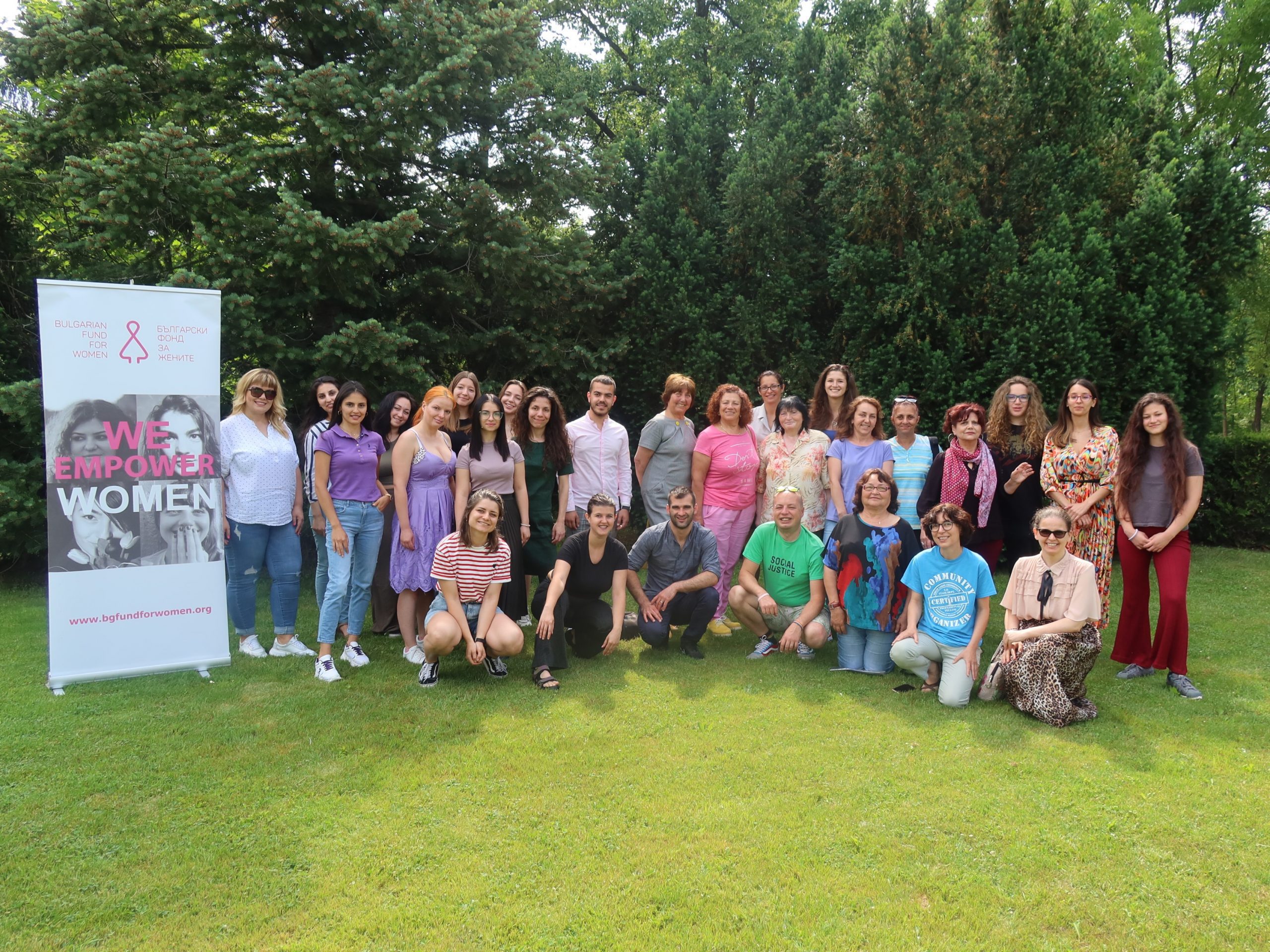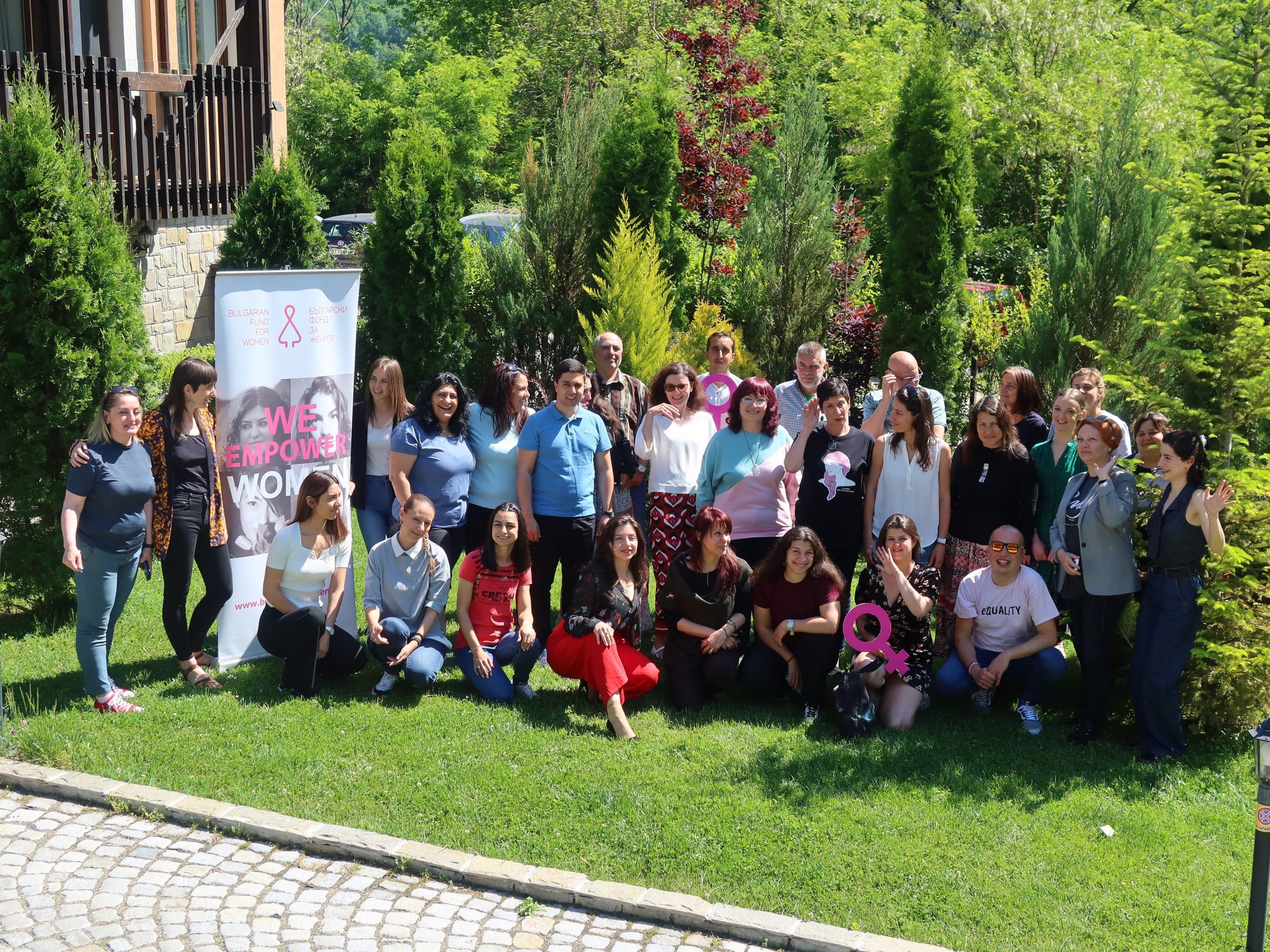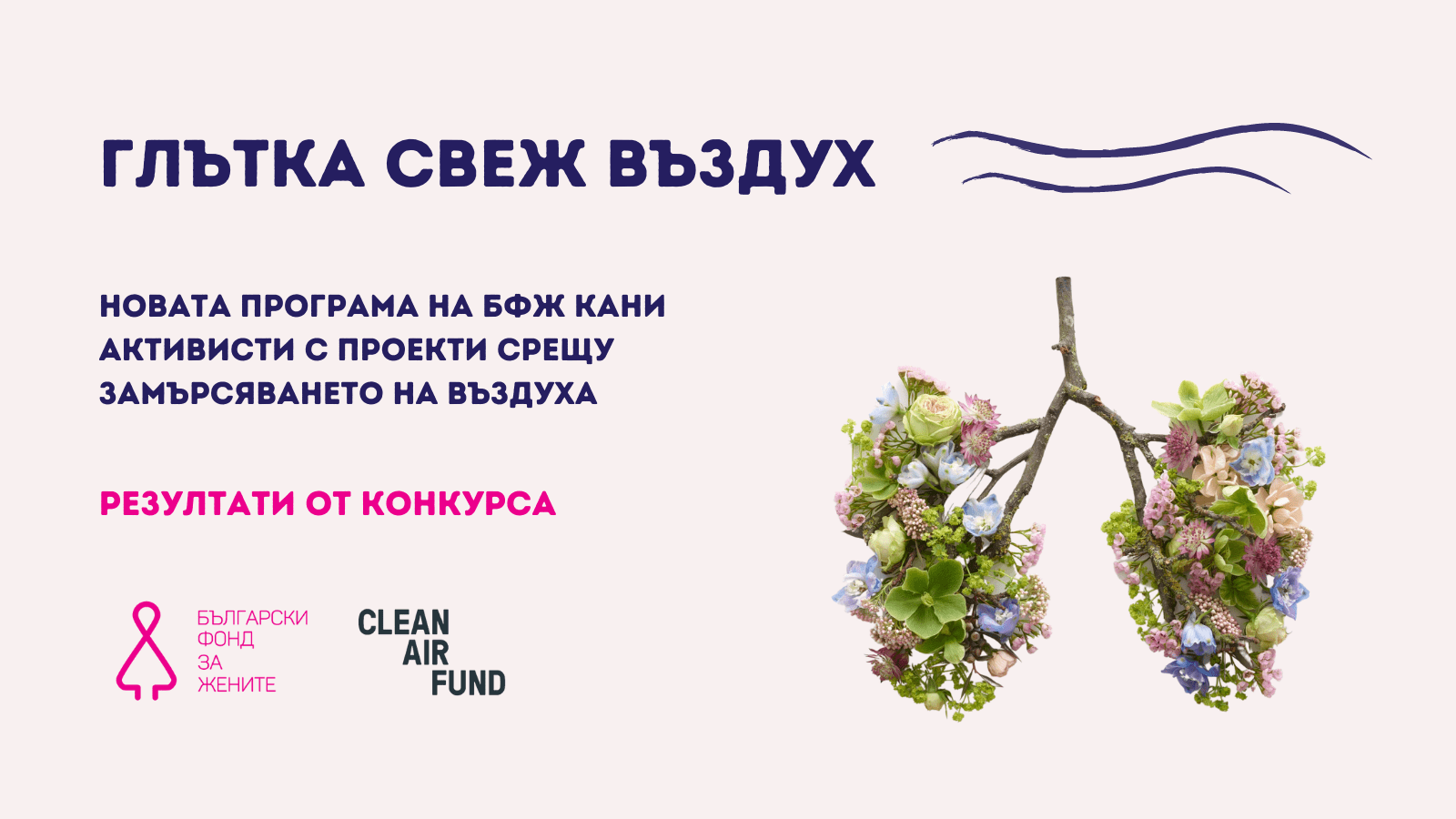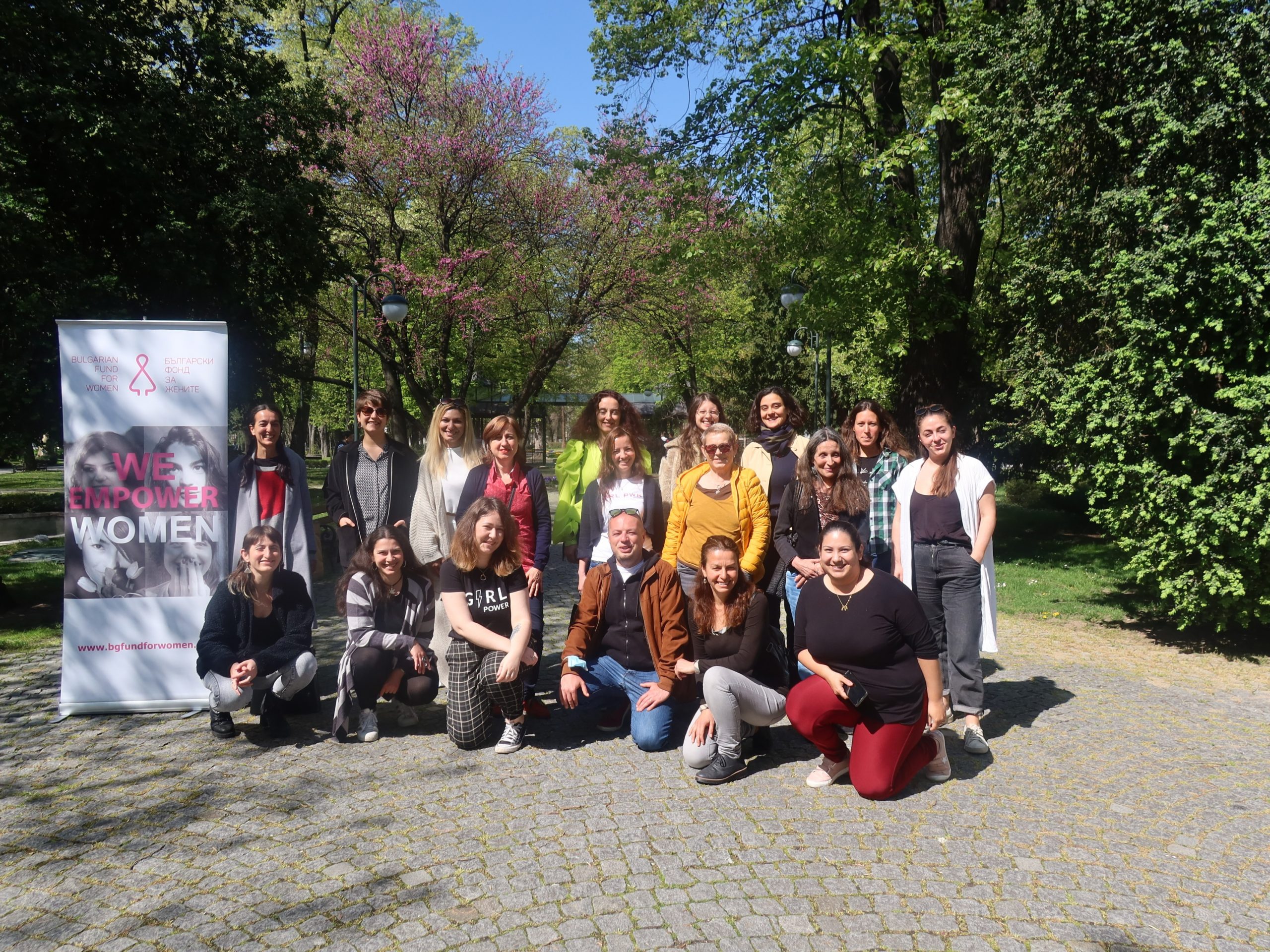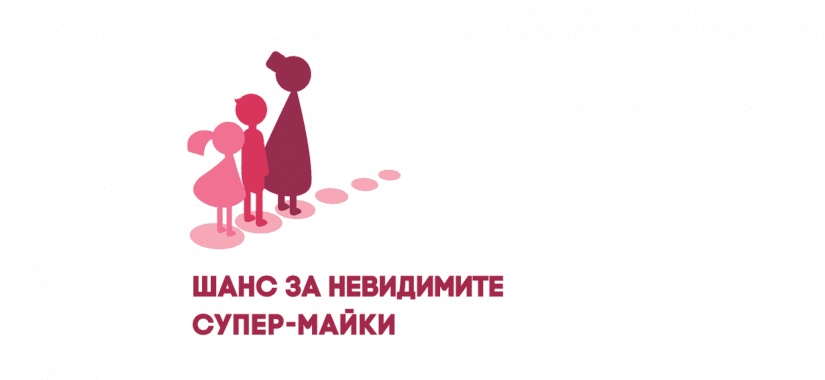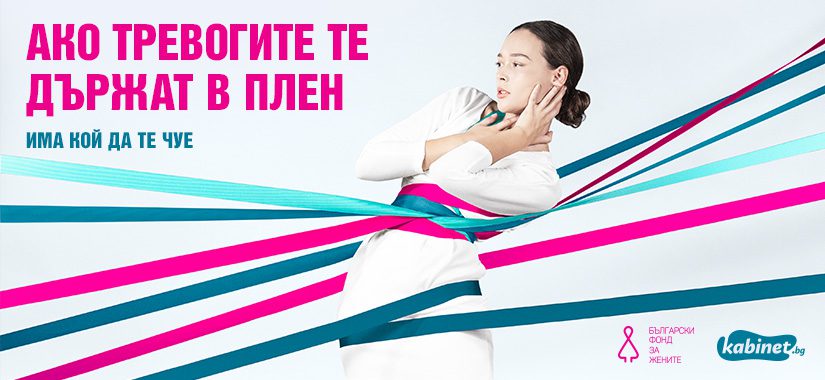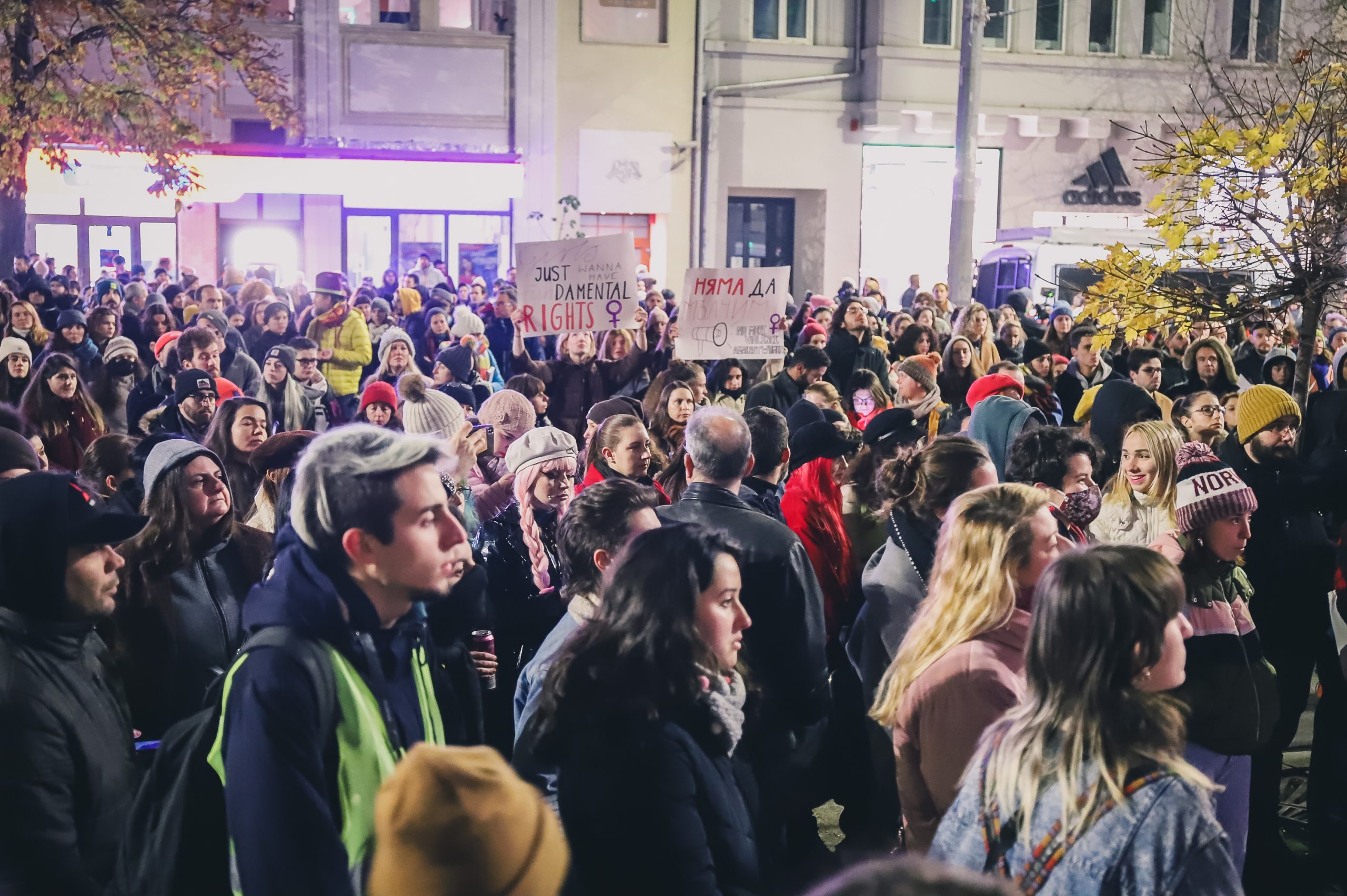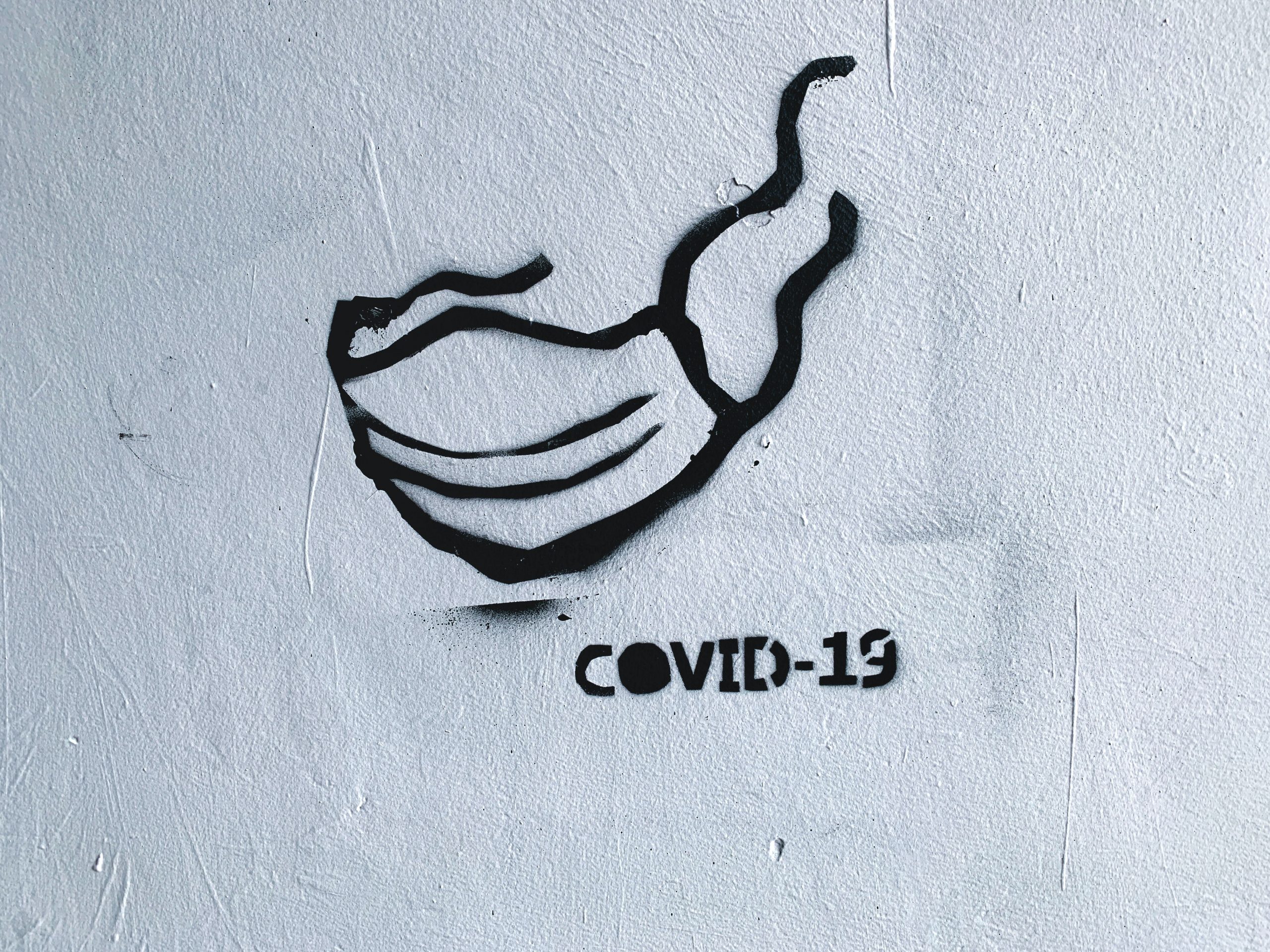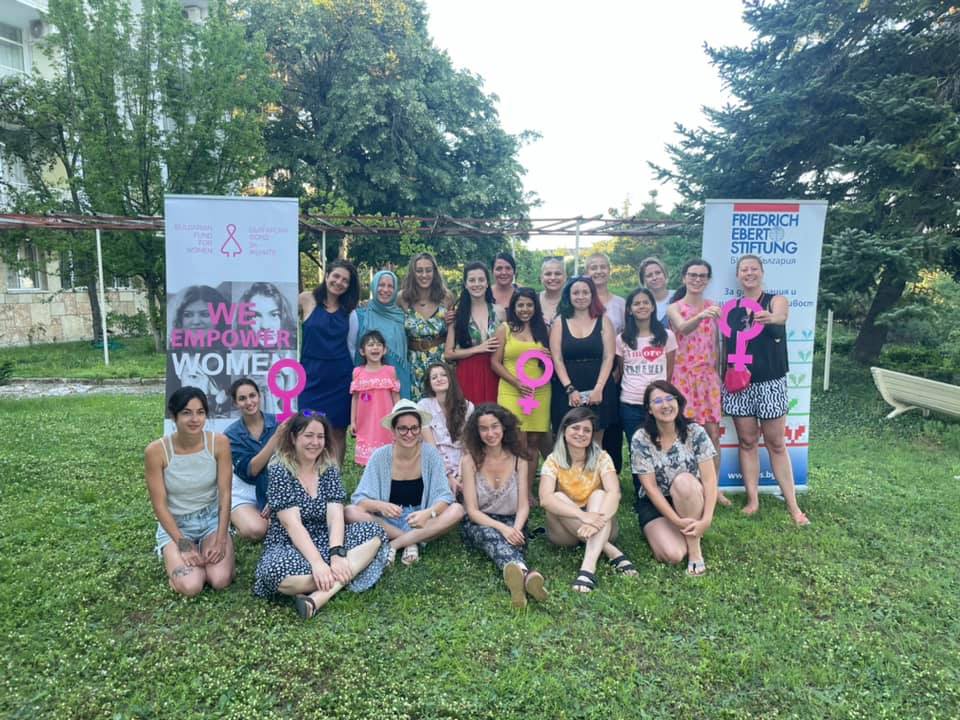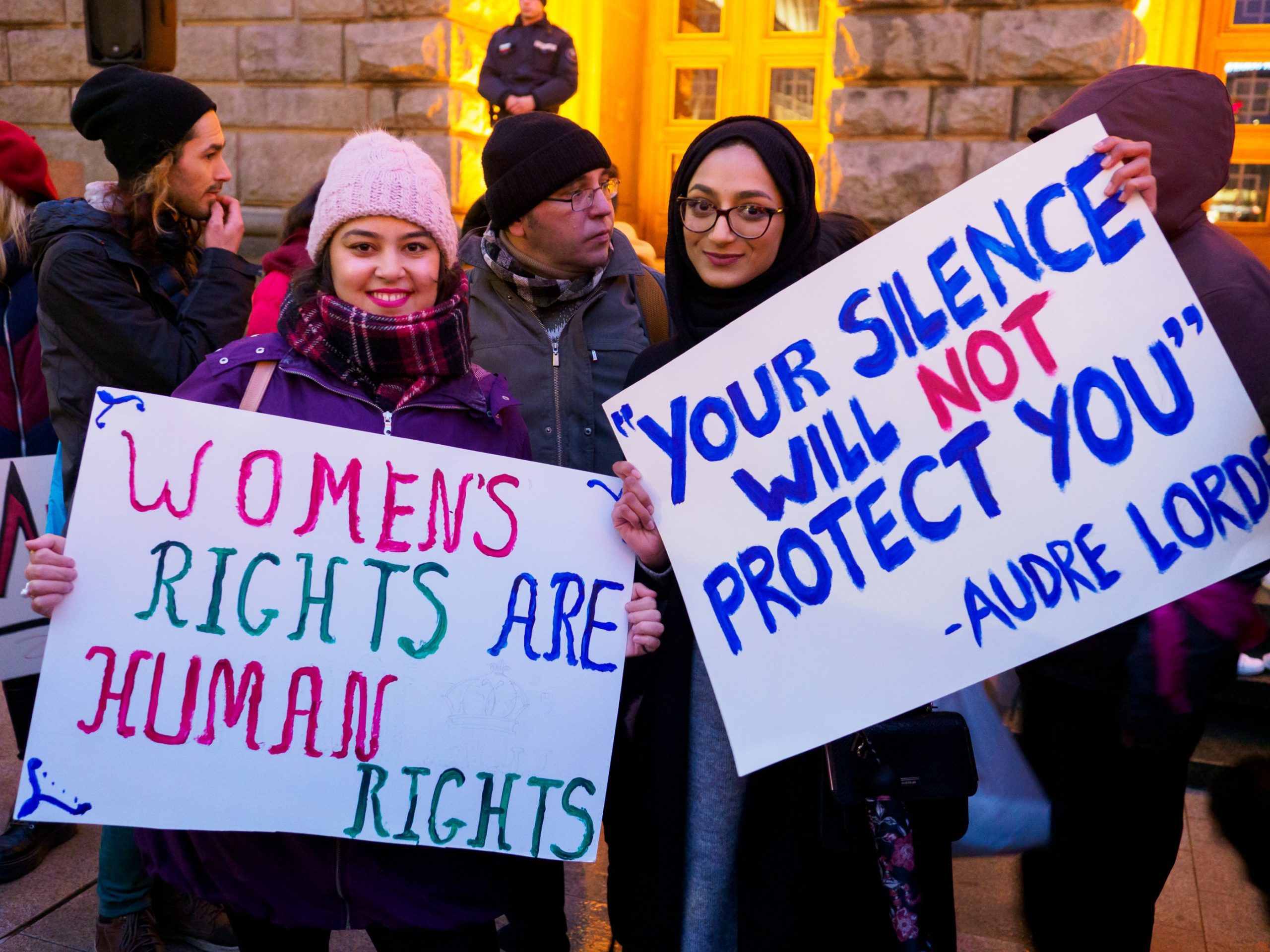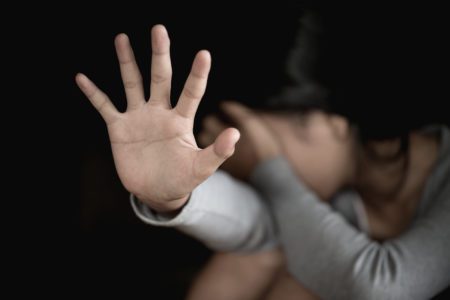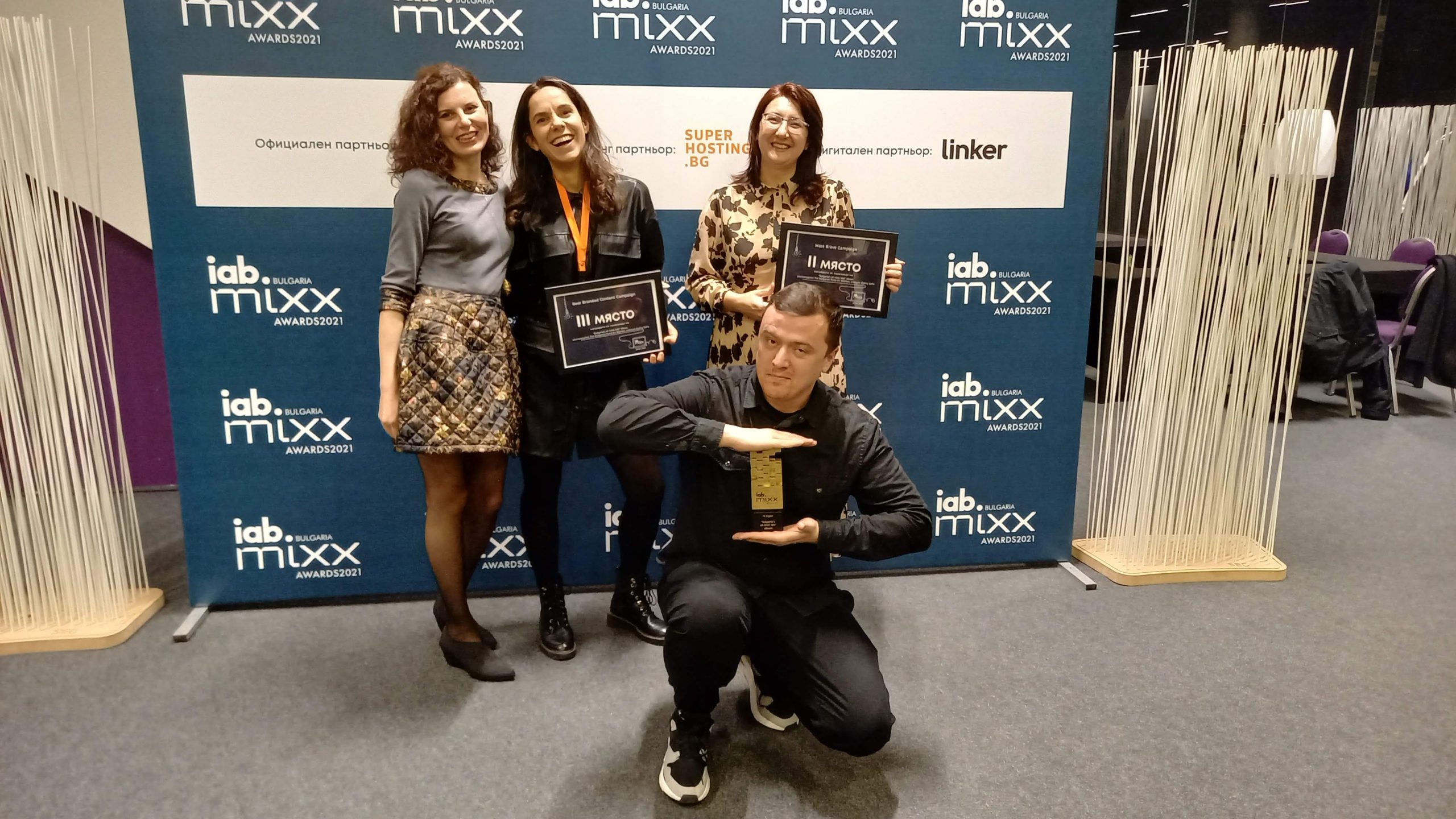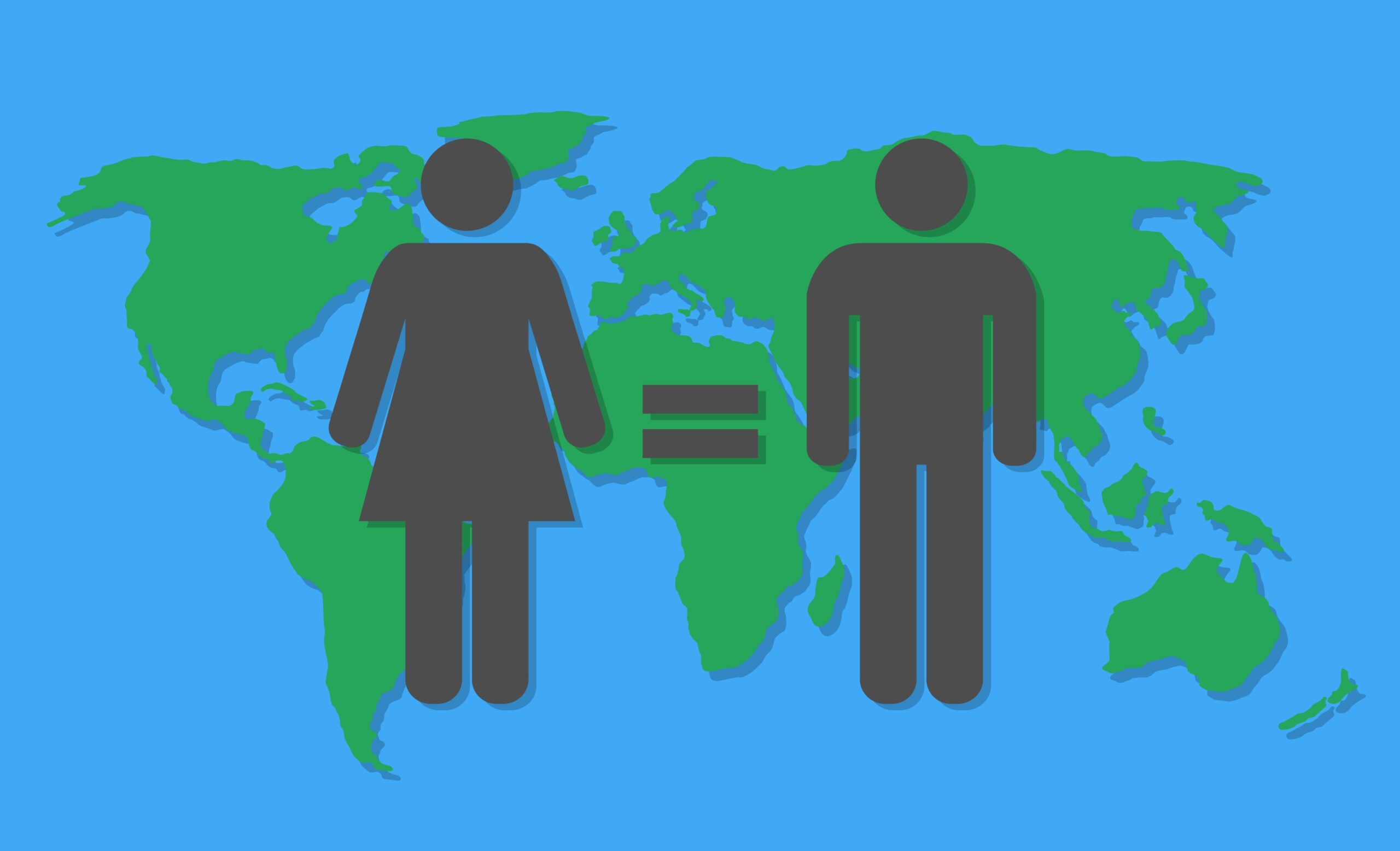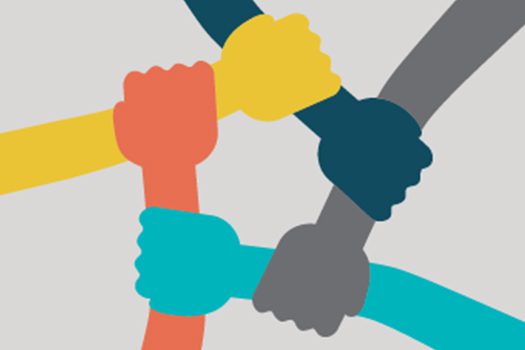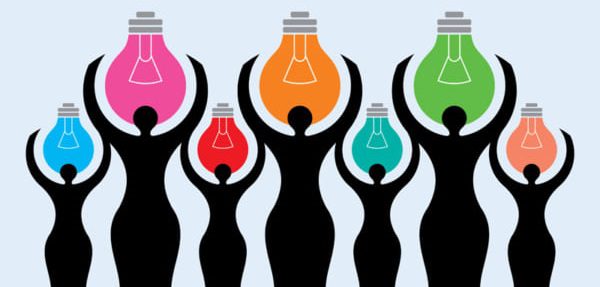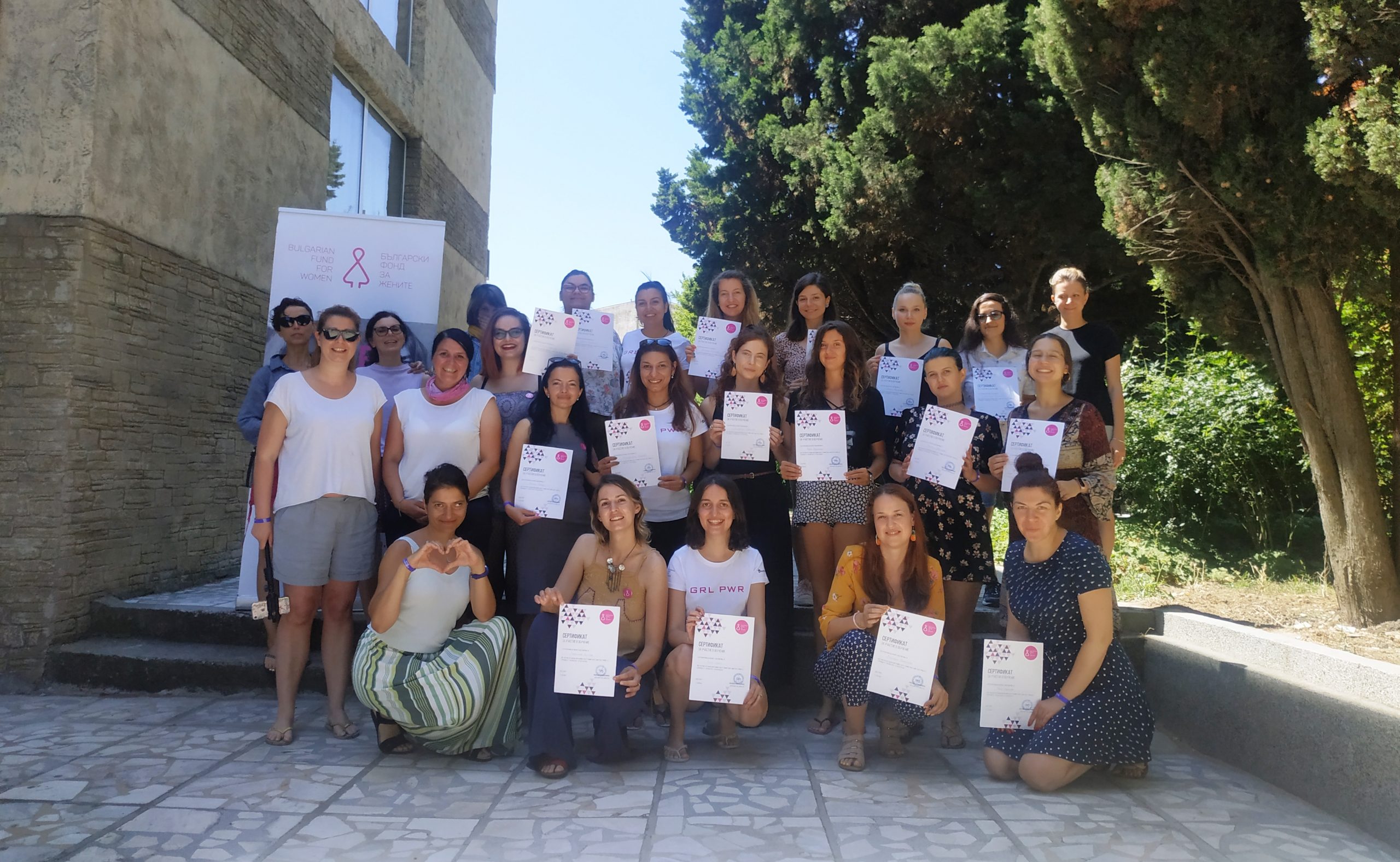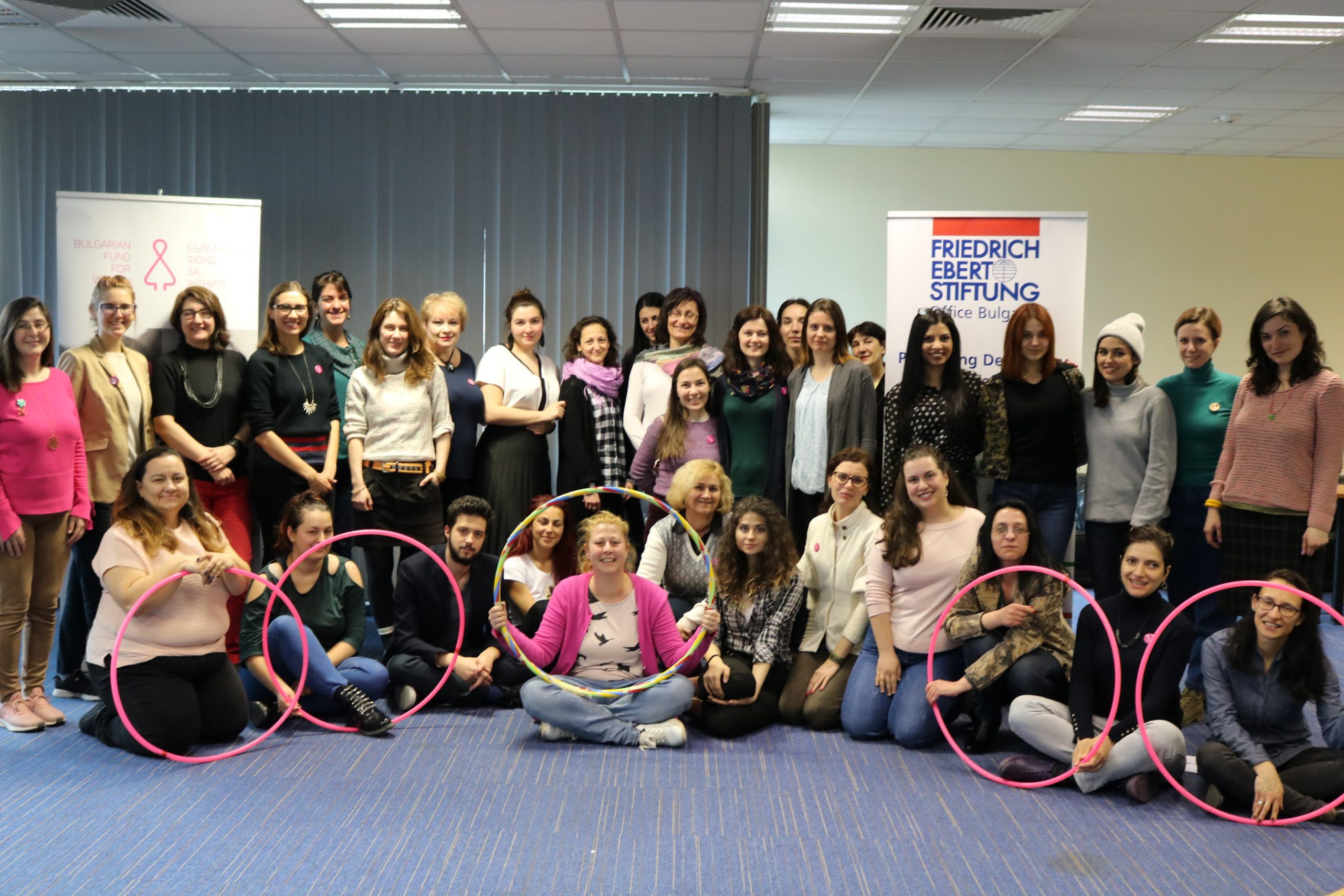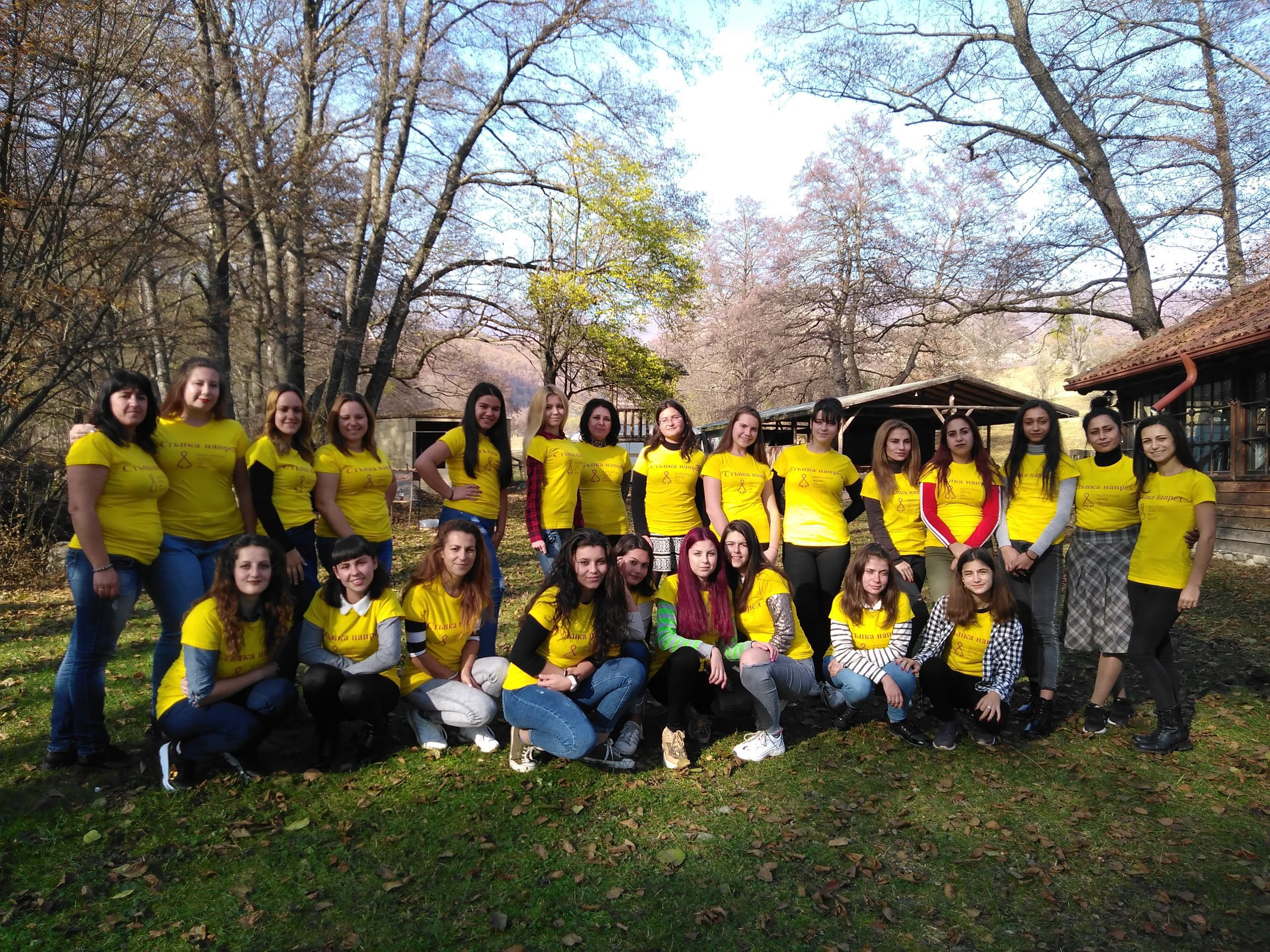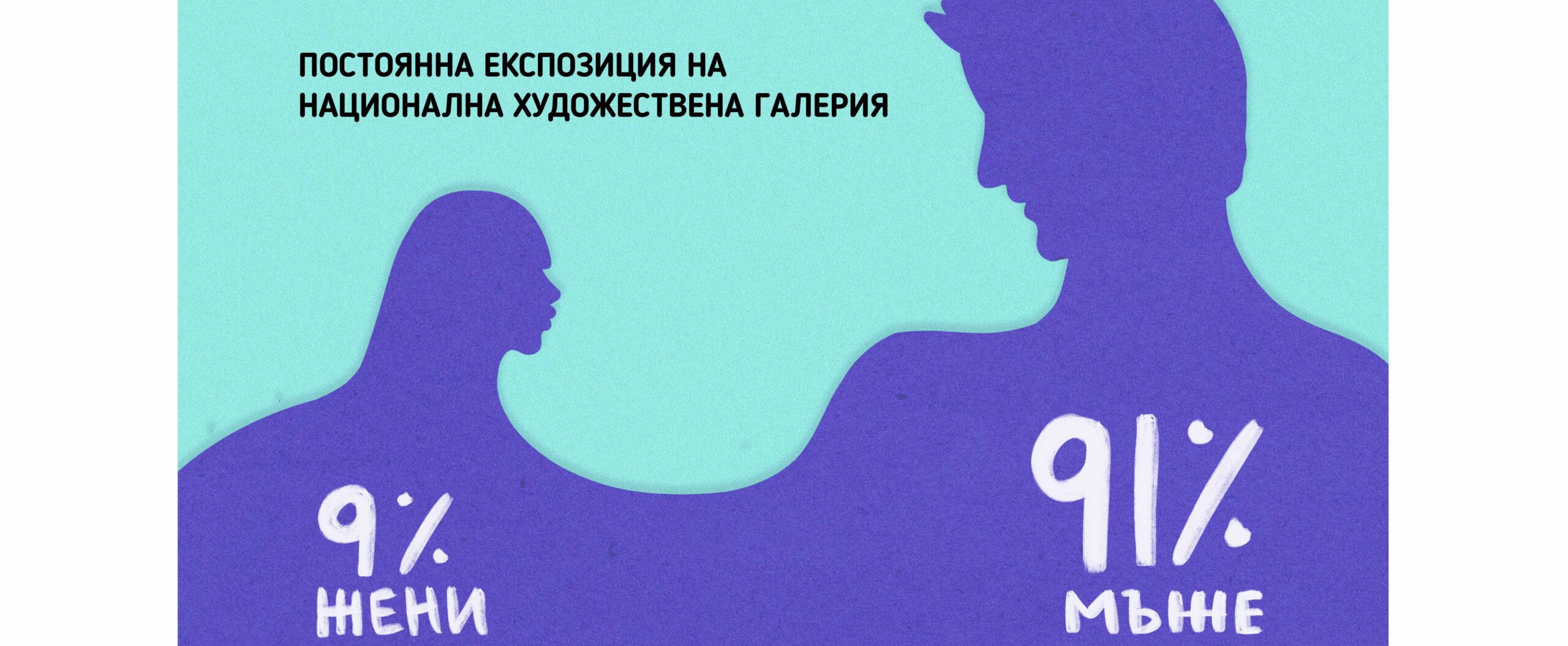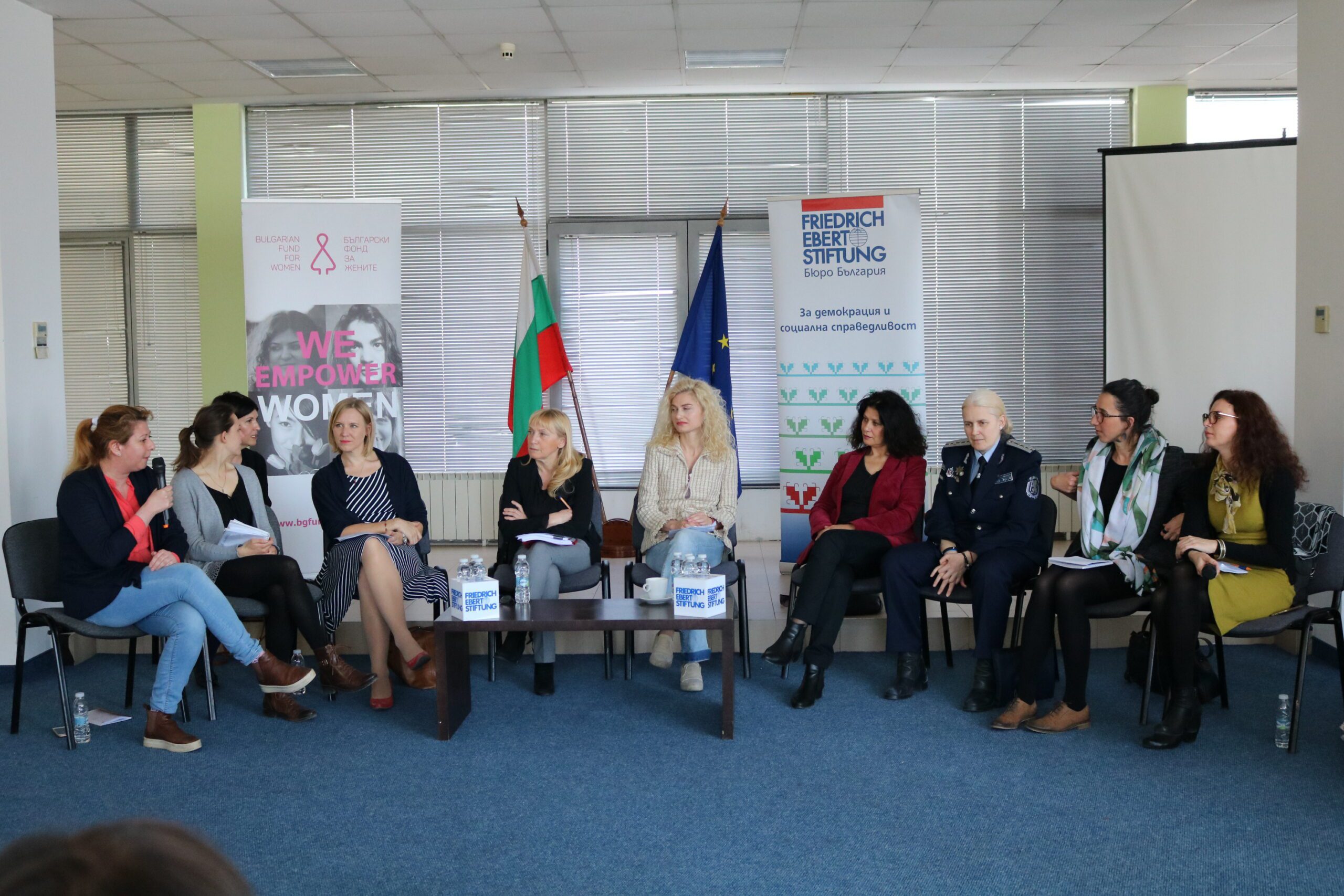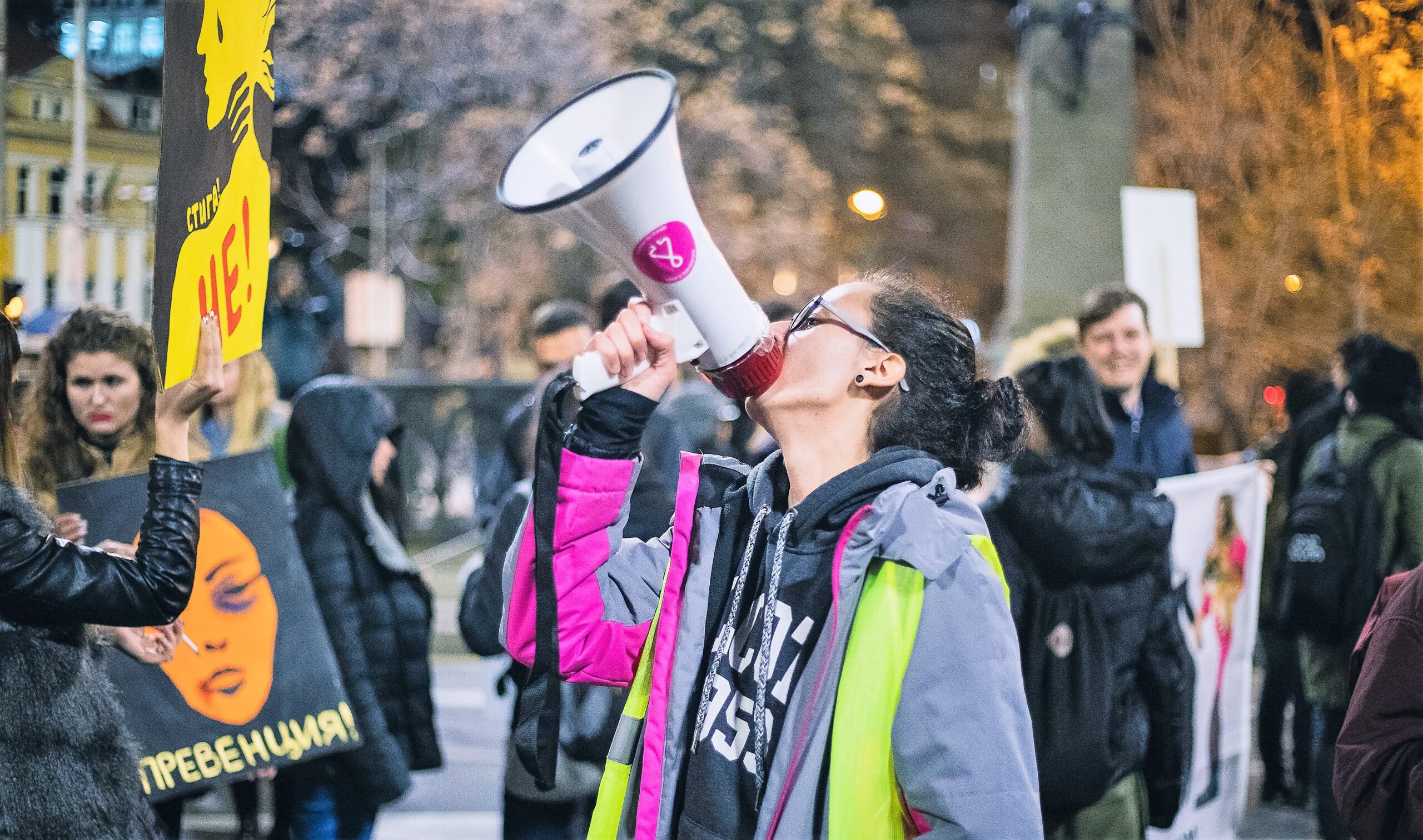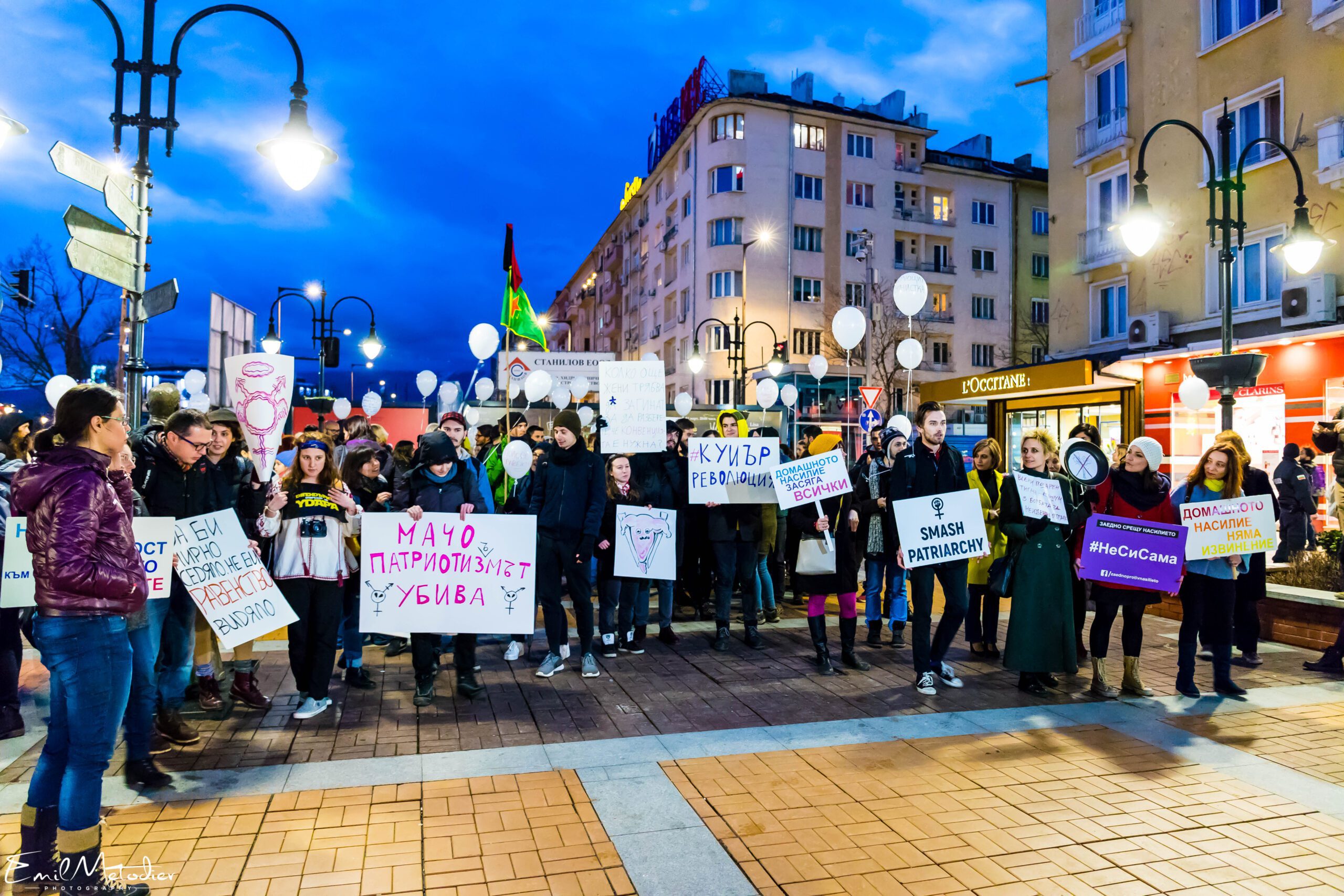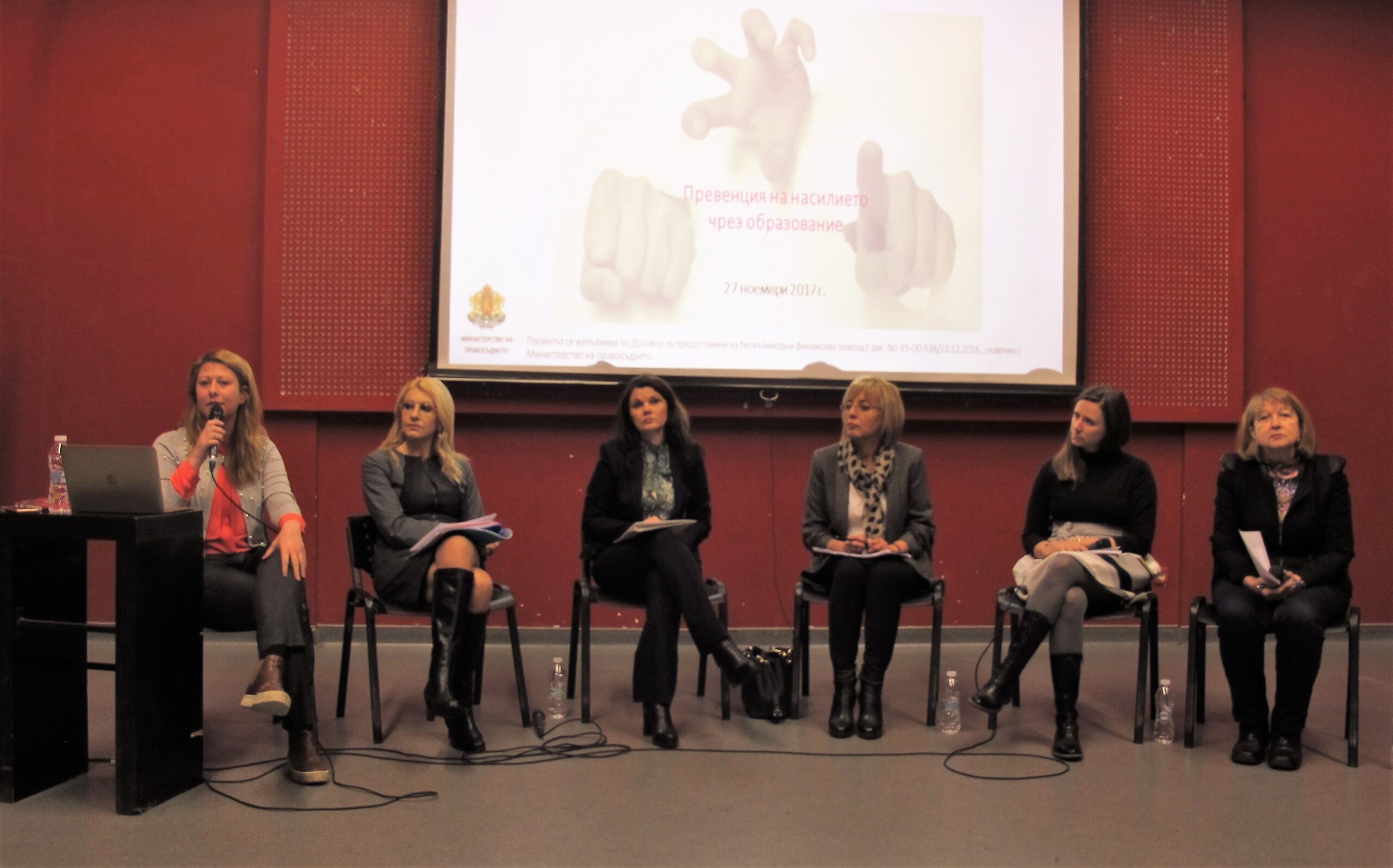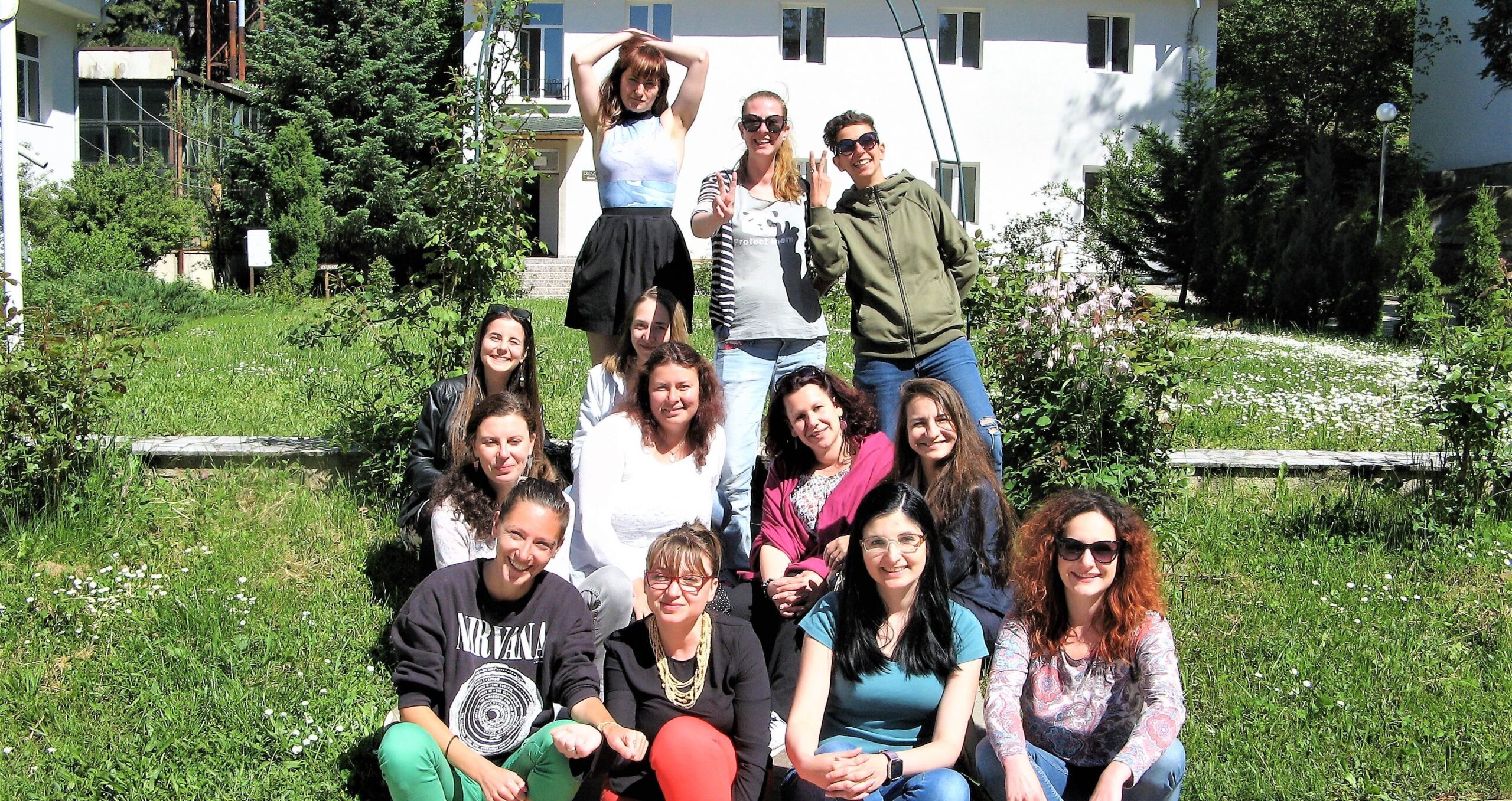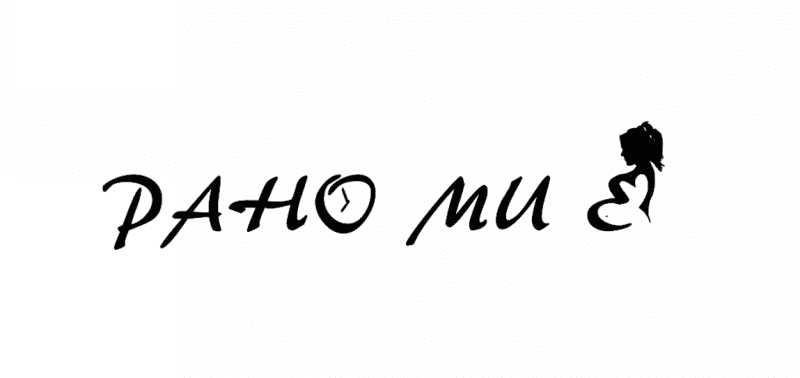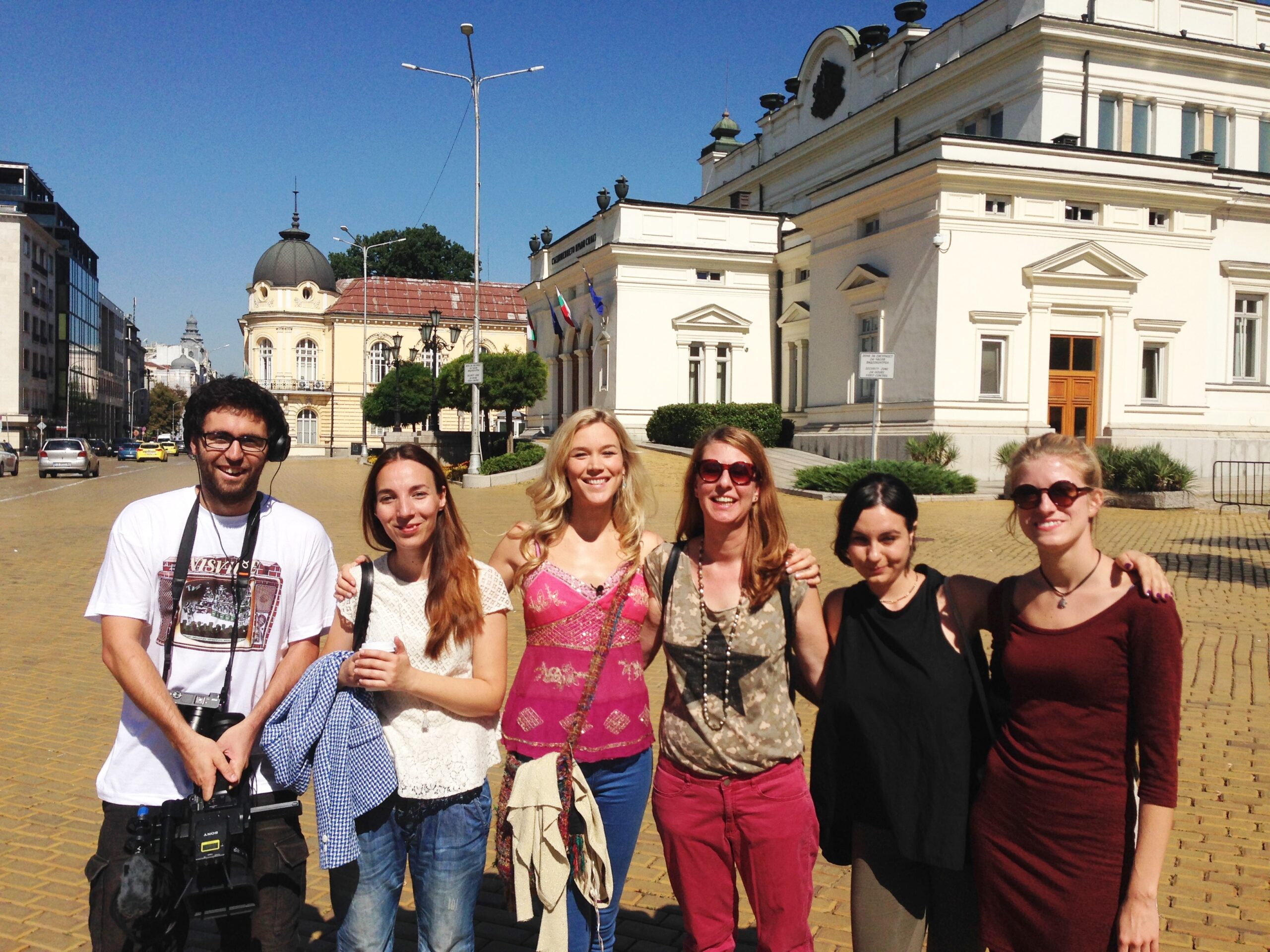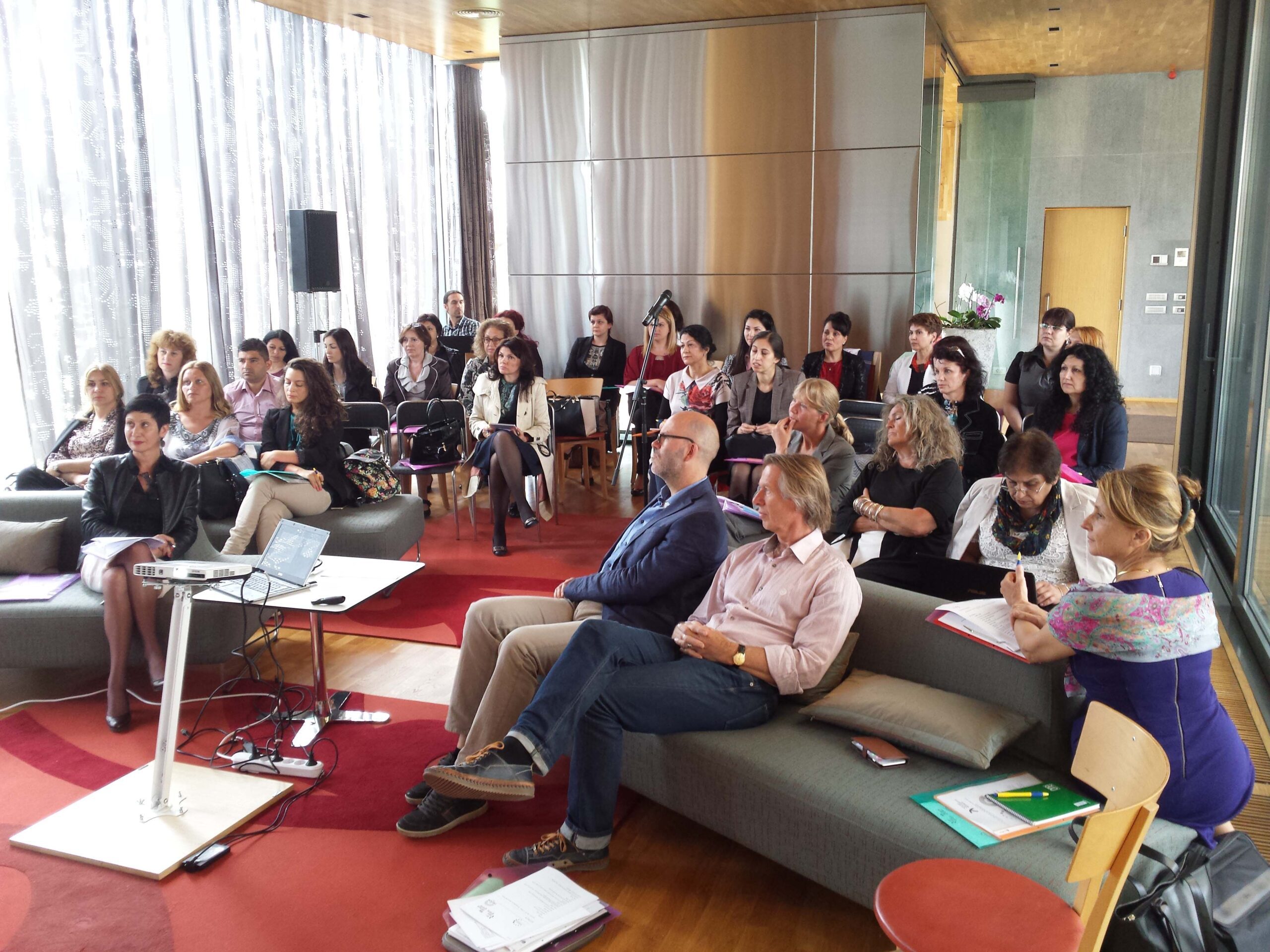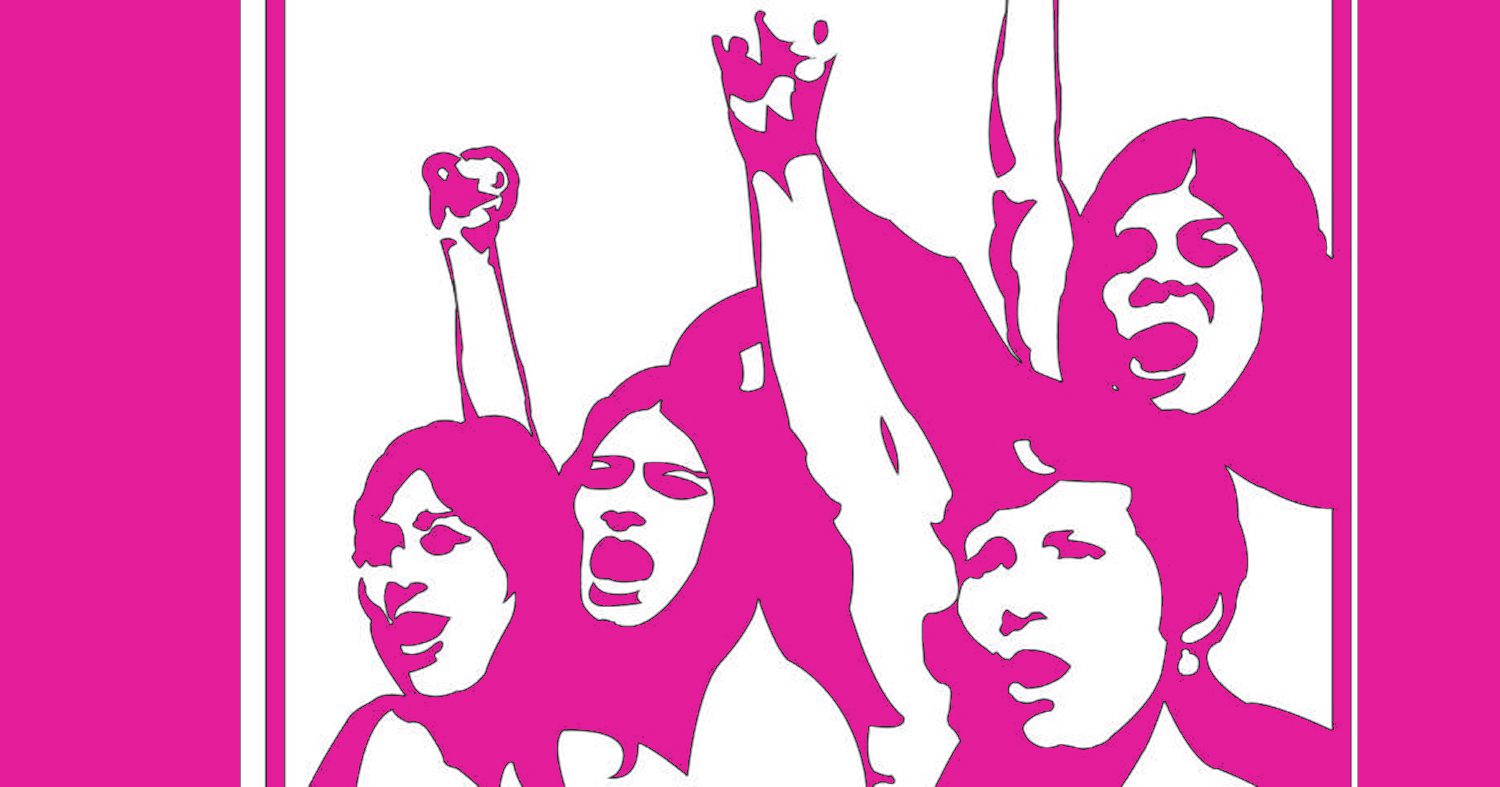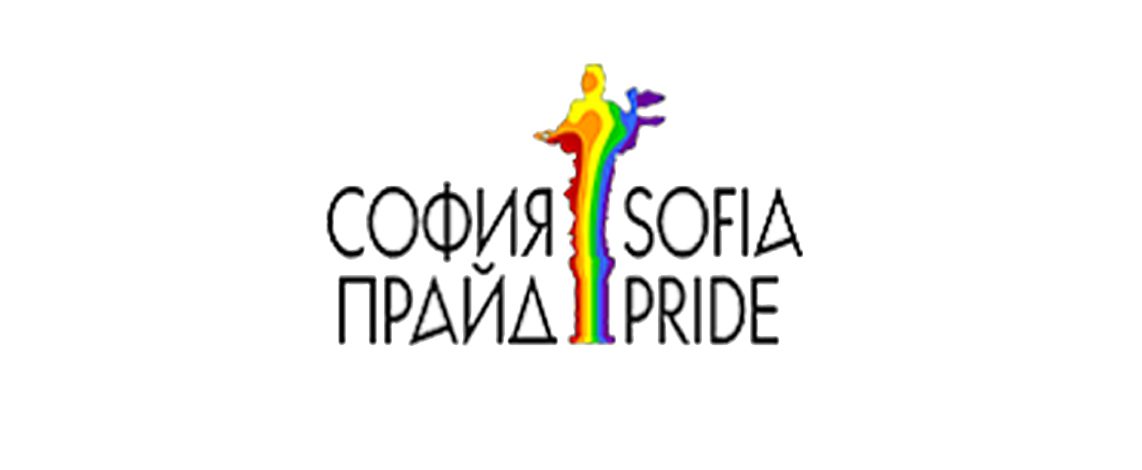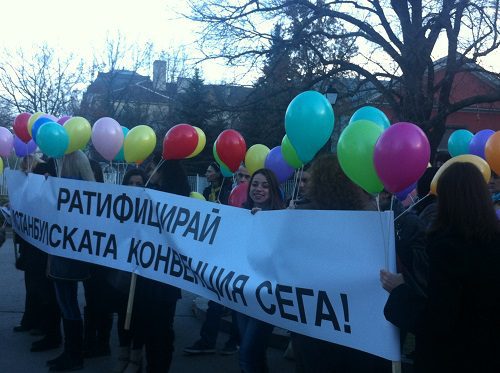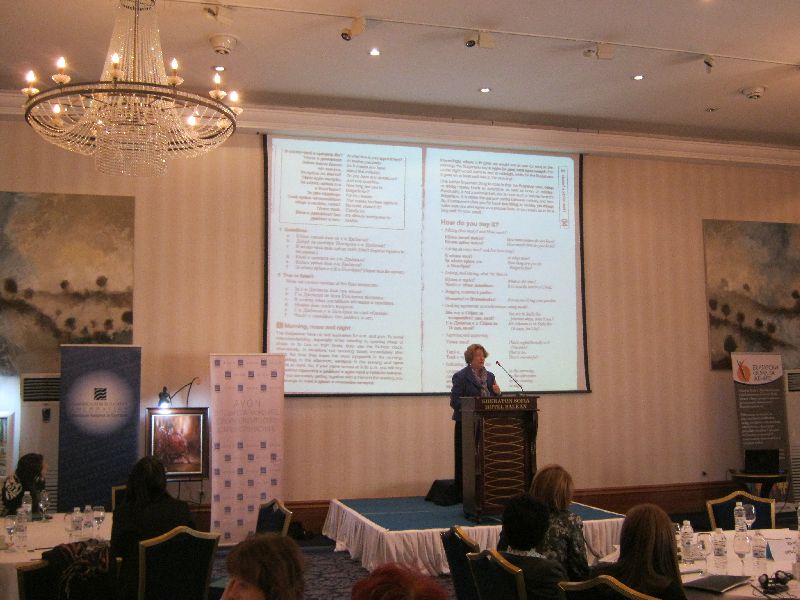On the 8 of March, on the International Women’s Day, the Bulgarian Fund for Women, in partnership with the Bulgarian Donors’ Forum and the BCause Foundation, held an online discussion “Philanthropy for Women’s Rights”. Representatives of business, civil society organizations, embassies, institutions were invited to discuss why it is important to invest in the potential, talent and rights of girls and women.
The event was opened by Nadejda Dermendzhieva, Executive Director of the Bulgarian Fund for Women who started with explanations on philanthropy, social change and what is the main link between them. She emphasized on the different forms of support that can be provided by donors: what is social assistance, what are empowering initiatives and how do they differ from long-term donation programs which are the most sustainable and effective in realizing social change. Nadejda also spoke about the work of BFW and stressed that investment in women and girls is an investment in the whole society and is always redeemed.
Krassimira Velichkova, executive director of the Bulgarian Donors’ Forum, told us about the philanthropic tradition in Bulgaria and how giving looks like in Bulgaria today. She reminded that in the distant 1896 on the initiative of Yordanka Filaretova, the women’s association “Mother” was established and later became founder of the first Girls’ School in our country. In the hall of the same school, in 1899, the Bulgarian Women’s Union was established. The reason for this unification was the ban on married women working as teachers, as well as the inability of women to study in universities. The history of women’s movement and the struggle for equality of Bulgarian women is closely linked to the development of the philanthropic tradition in our country. Krassimira pointed out that today the organizations working mainly on topics related to women’s rights and equality in Bulgaria are counted on the fingers of one hand. Businesses that recognize this cause as important are increasing, but they are still acting as avant-gardes in the still- developing donor attitudes.
Elitsa Barakova, Executive Director of the BCause Foundation, that connects donors and beneficiaries, explained the trends and mechanisms for donation in Bulgaria. She admitted that even BCause did not pay special attention to the topic of women’s empowerment until 2019. It was then that the partnership with the Bulgarian Fund for Women and other civil society organizations started, mainly focused on the topic of combating domestic violence. Elitsa reminded of the extremely successful initiative for the establishment of an Emergency Fund for Combating Domestic Violence in the conditions of COVID, in which the Bulgarian Fund for Women, together with BCause and the Bulgarian Donors’ Forum managed to raise more than BGN 73,000, with which they supported the work of Crisis Centers across the country at the start of the pandemic last year. “The topic for systemic inequalities is not easy to understand. But my advice to companies is to choose a cause that meets their corporate values and then start their donor’s journey, and more importantly is the journey to be long and to seek sustainability of investments.
What is it like to be a philanthropist nowadays and how do we choose our personal causes – with the heart or with the mind? This was the topic presented by Veronika Puncheva – Senior Vice President “Corporate Development” of Metro AG, but at the same time in her personal capacity for more than 10 years a philanthropist for women’s and girls’ rights. Veronica said that the first time she decided to donate personal funds was when her daughter’s school took the initiative to support the education of children from Tanzania. To this day, she continues to provide scholarships to support the education of two children a year. Her commitment is long-term – until the children finish school. For the last 3 years she has been developing her own philanthropic project in South Africa. When she learned that the vast majority of girls do not attend school during the period of the month of the menstrual cycle, simply because they do not have access to sanitary materials, she wanted to help prevent this. “These are 55 days a year in which girls are isolated from school and this is unacceptable in the 21st century,” she said. Her project is implemented in partnership with local foundations and with the help of many volunteers, as the sanitary products are distributed directly to the girls at school by the nurses. Currently, her help reaches 300,000 girls, but her goal is to expand the program even more.
Veneta Dimitrova, Managing Director for AVON Bulgaria, Albania and Macedonia, spoke about what women’s rights donation looks like from the company’s point of view and why corporate social responsibility (CSR) is important for society. She recalled that AVON was founded in 1886 – before women in the United States had the right to vote, and then, as today, the company gave women a chance to have their own income and be financially independent. AVON supports two major causes globally, as well as in Bulgaria – the combat against breast cancer and violence against women, and so far, has invested over BGN 1.8 million in these two causes in Bulgaria, and globally – over 1 billion dollars. The company is also developing its own educational project in schools, in which teenagers are taught how to recognize violence and how to avoid toxic relations. Most of the managers in the company, as well as 70% of the scientists at AVON, are women. The company recently launched its new Watch Me Now campaign, in which it gives voice to girls and women to tell their stories and experiences, as surveys show that only 24% of the voices in media come from women.
What are the global trends in philanthropy and investment in women’s rights and how Women’s Funds around the world work, responded Alexandra Garita – Executive Director of the International Network of Women’s Funds Prospera. She said feminist movements and organizations have made great successes in recent years, especially in terms of changing cultural norms, combating violence against women and increasing women’s political participation. She shared that the role of Women’s Funds in this struggle is huge. They are uniquely positioned to reach ordinary women and girls by providing them with funding that is often critical and first or only. They work to address the root causes of inequality and advocate for changes in legislation and new policies to eliminate systemic inequalities and eradicate stereotypes. Women’s Funds provide ordinary women with financial resources and organizational capabilities in order for them to realize cultural, legal and political changes. What is more, it provides with basic economic, educational, health, and financial services the most marginalized women’s communities. Women’s Funds provide a bridge between donors and local activists. Thus they realize the social change from the bottom up. Prospera’s network unites 44 funds around the world, one of which is the Bulgarian Fund for Women, which is a member of the network for Bulgaria.
If you missed the webinar, you can watch the recording (in Bulgarian) here:
The event was held with the support of Philip Morris Bulgaria.
Image: Bulgarian Fund for Women

